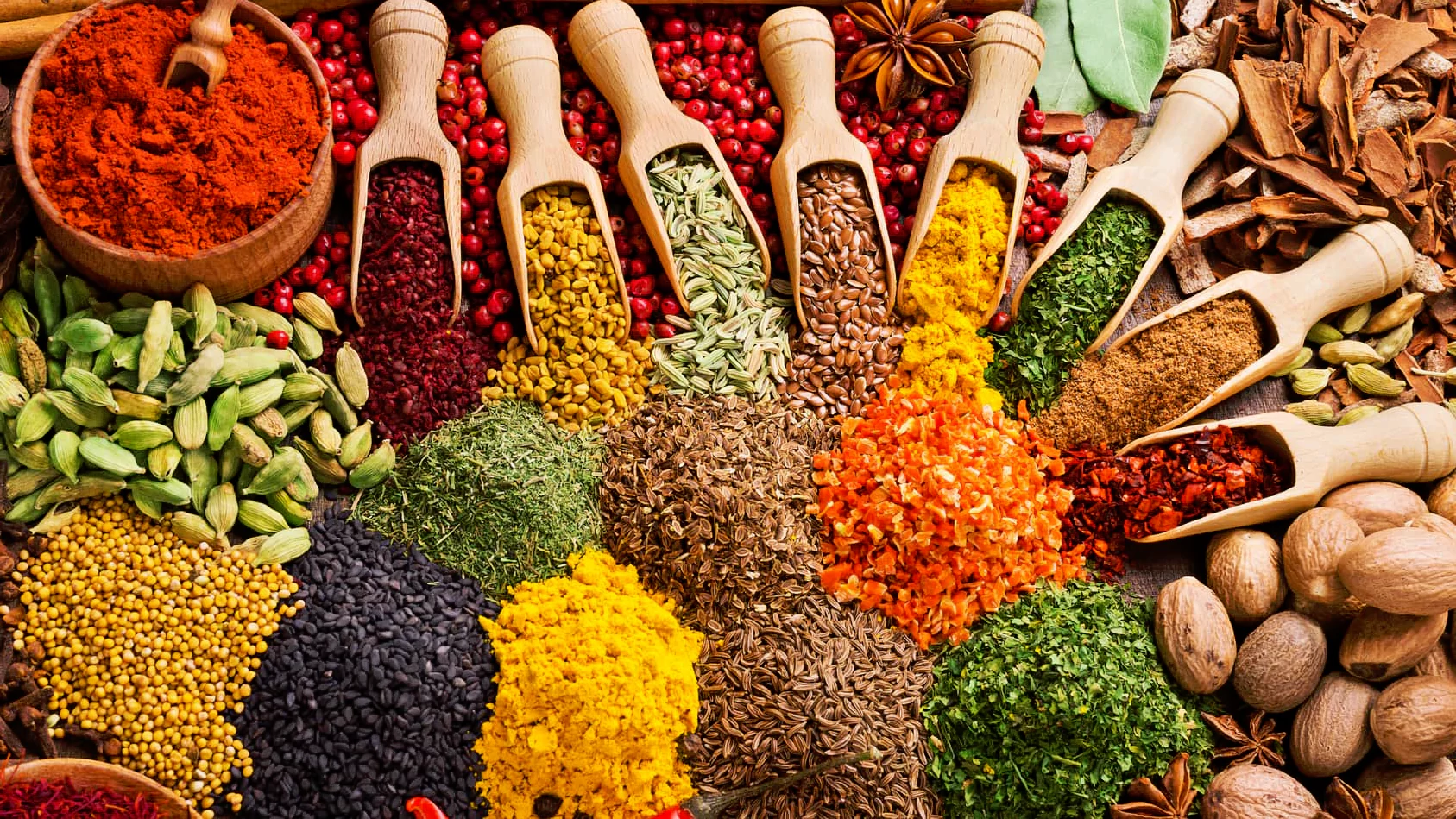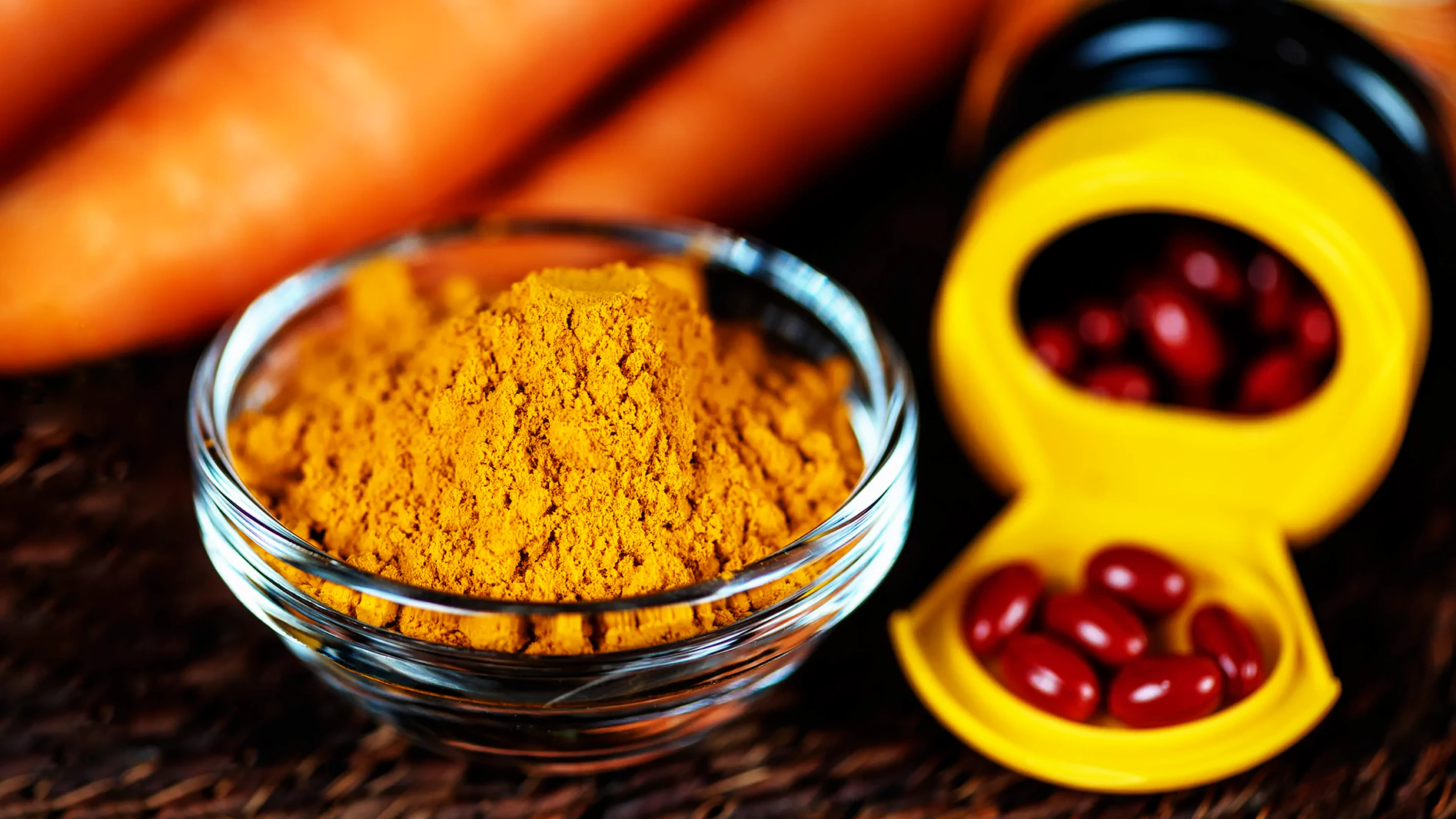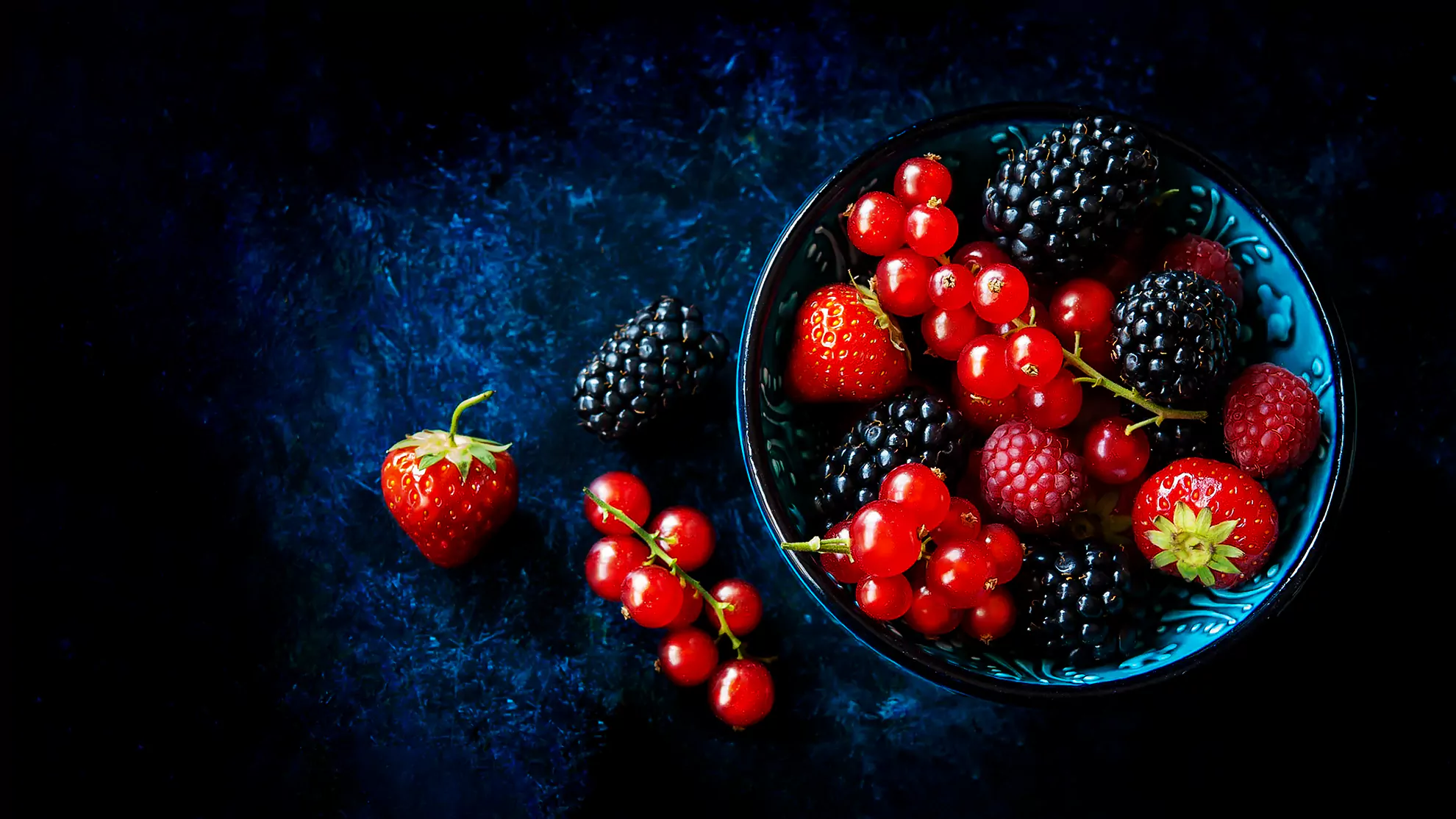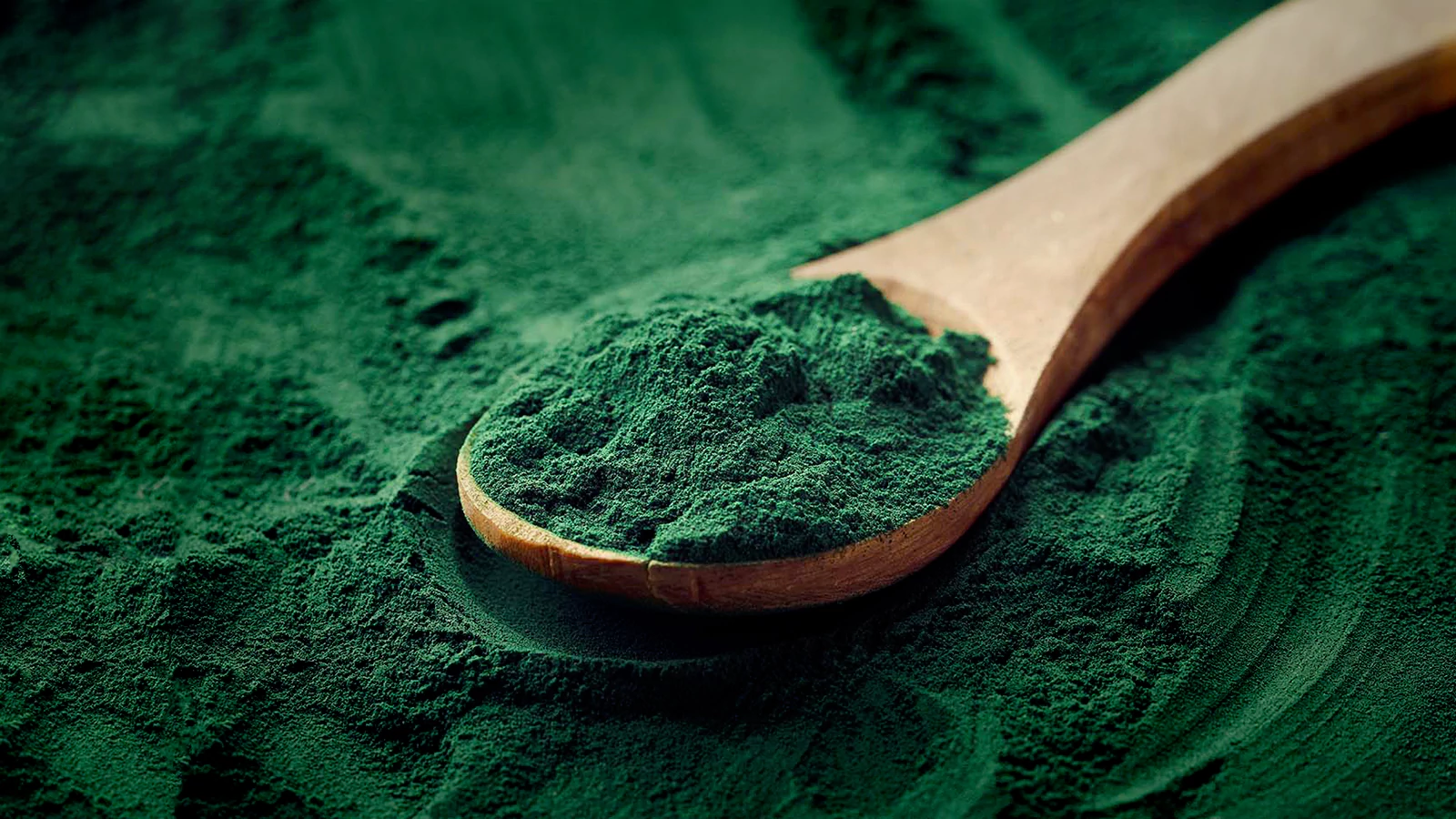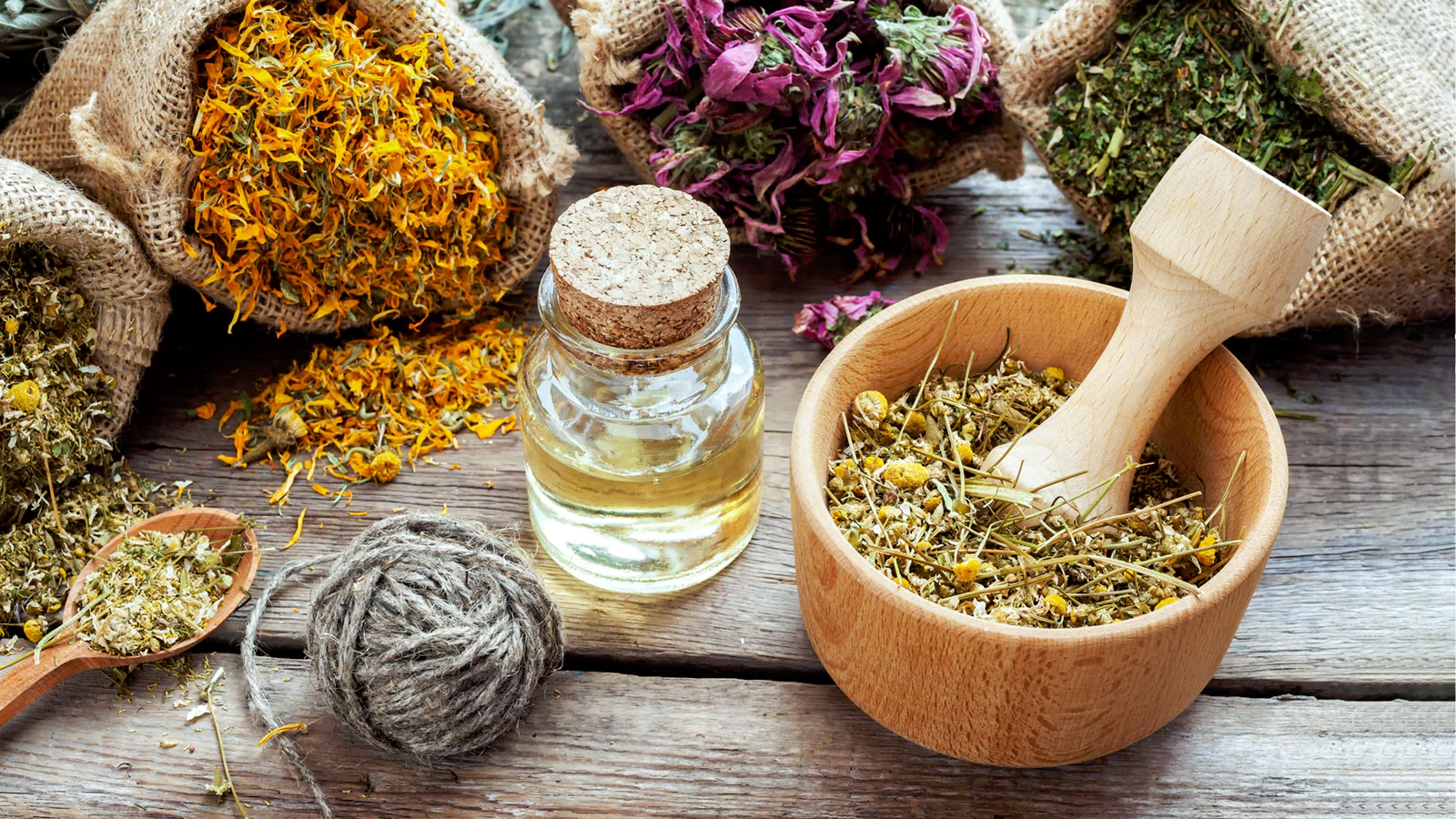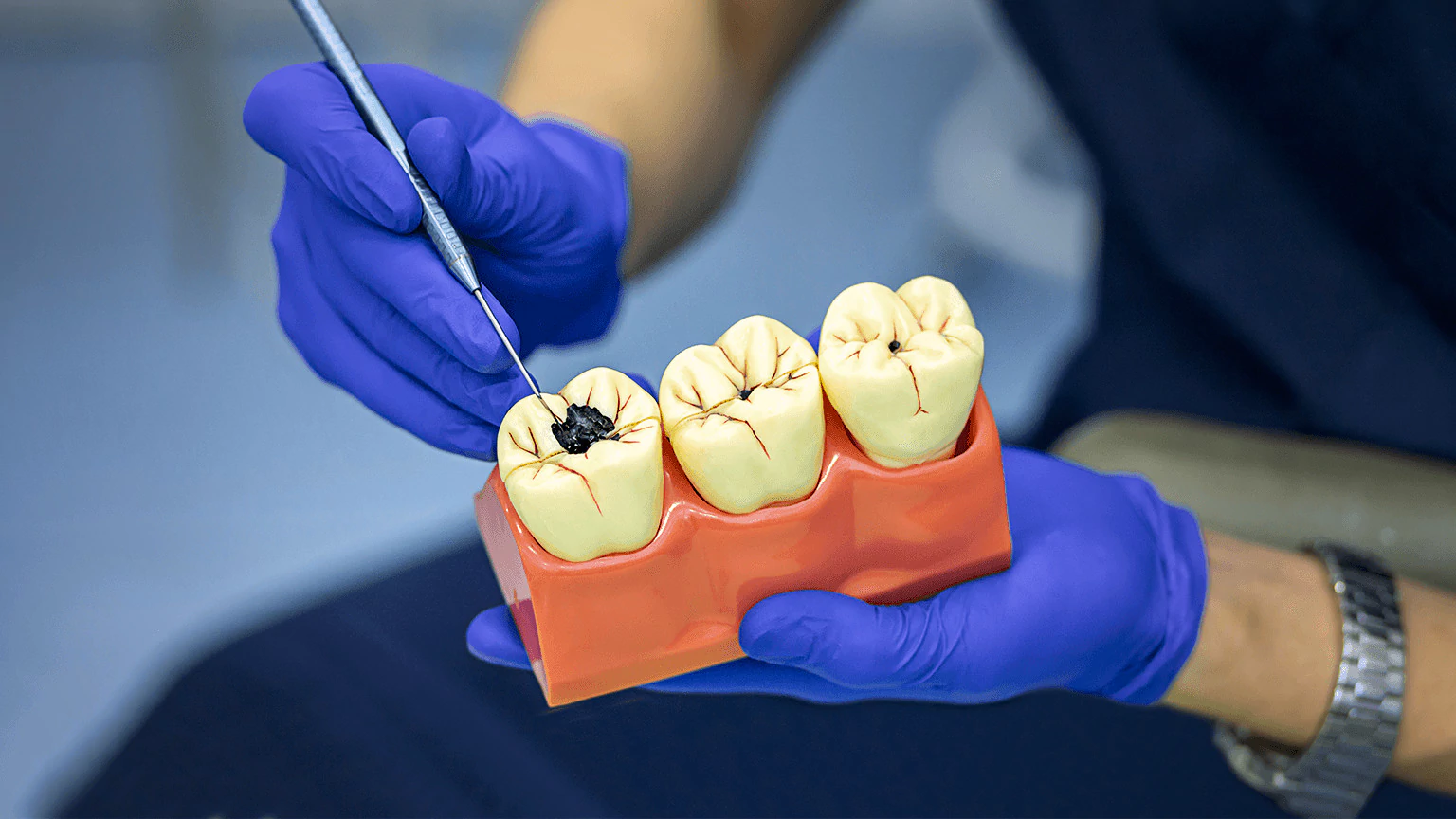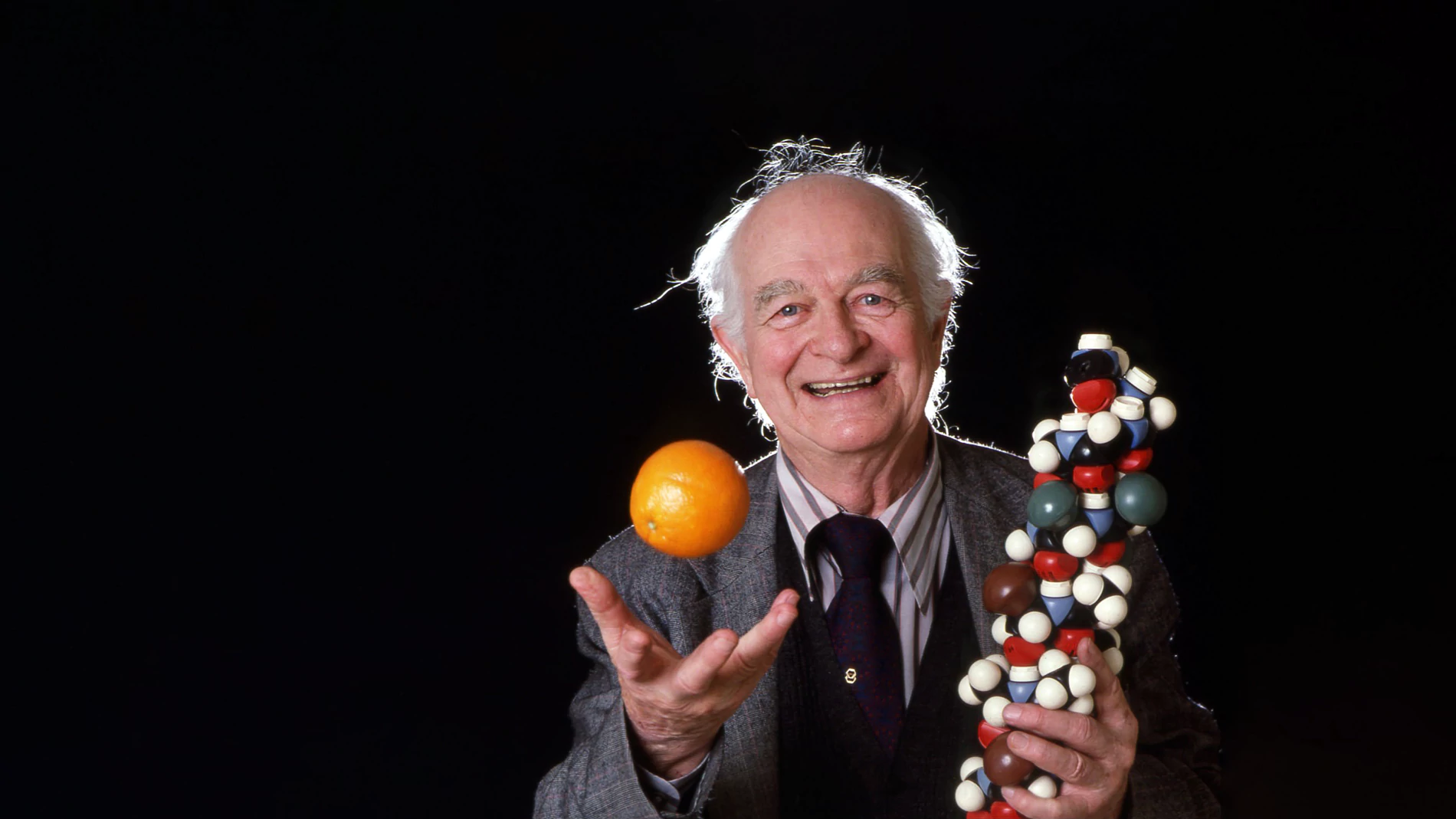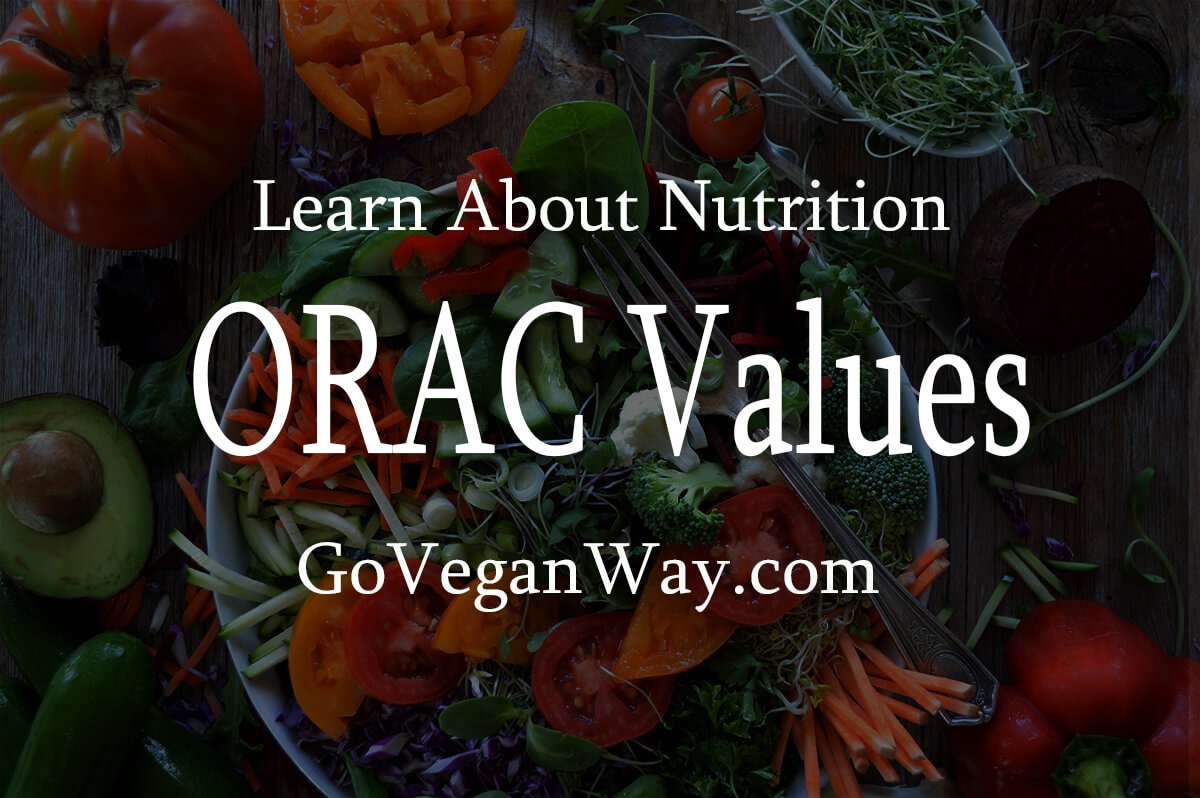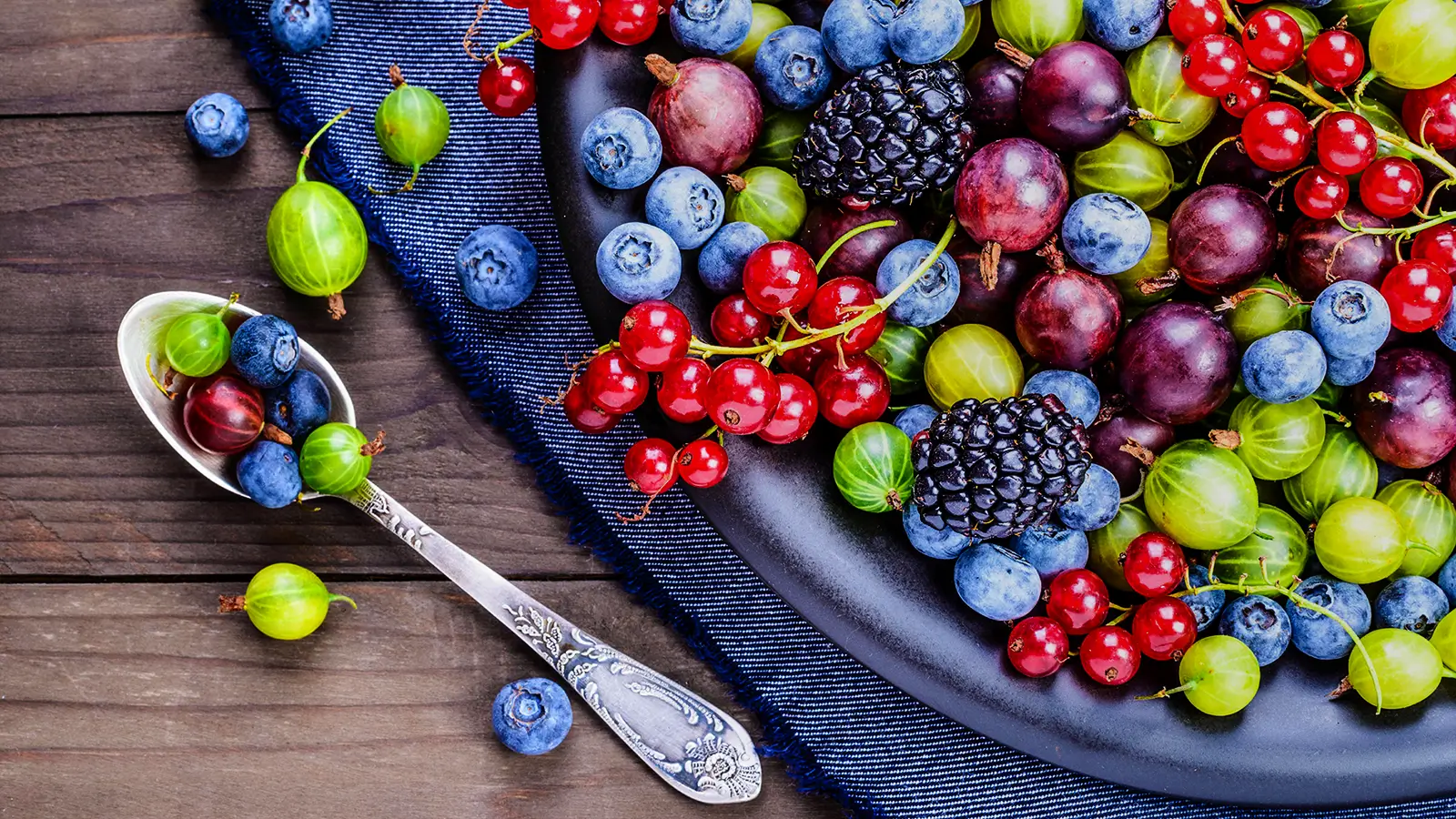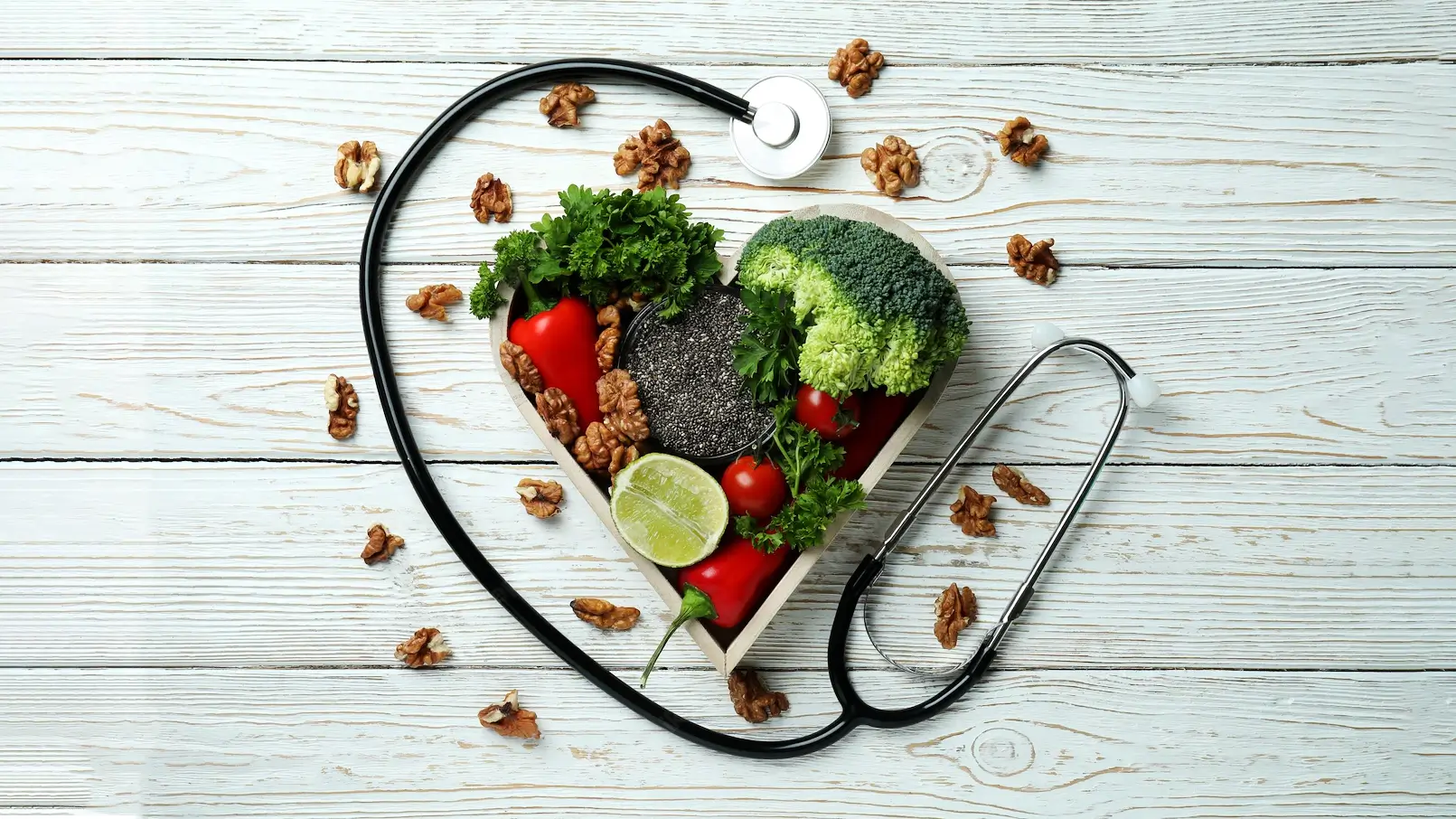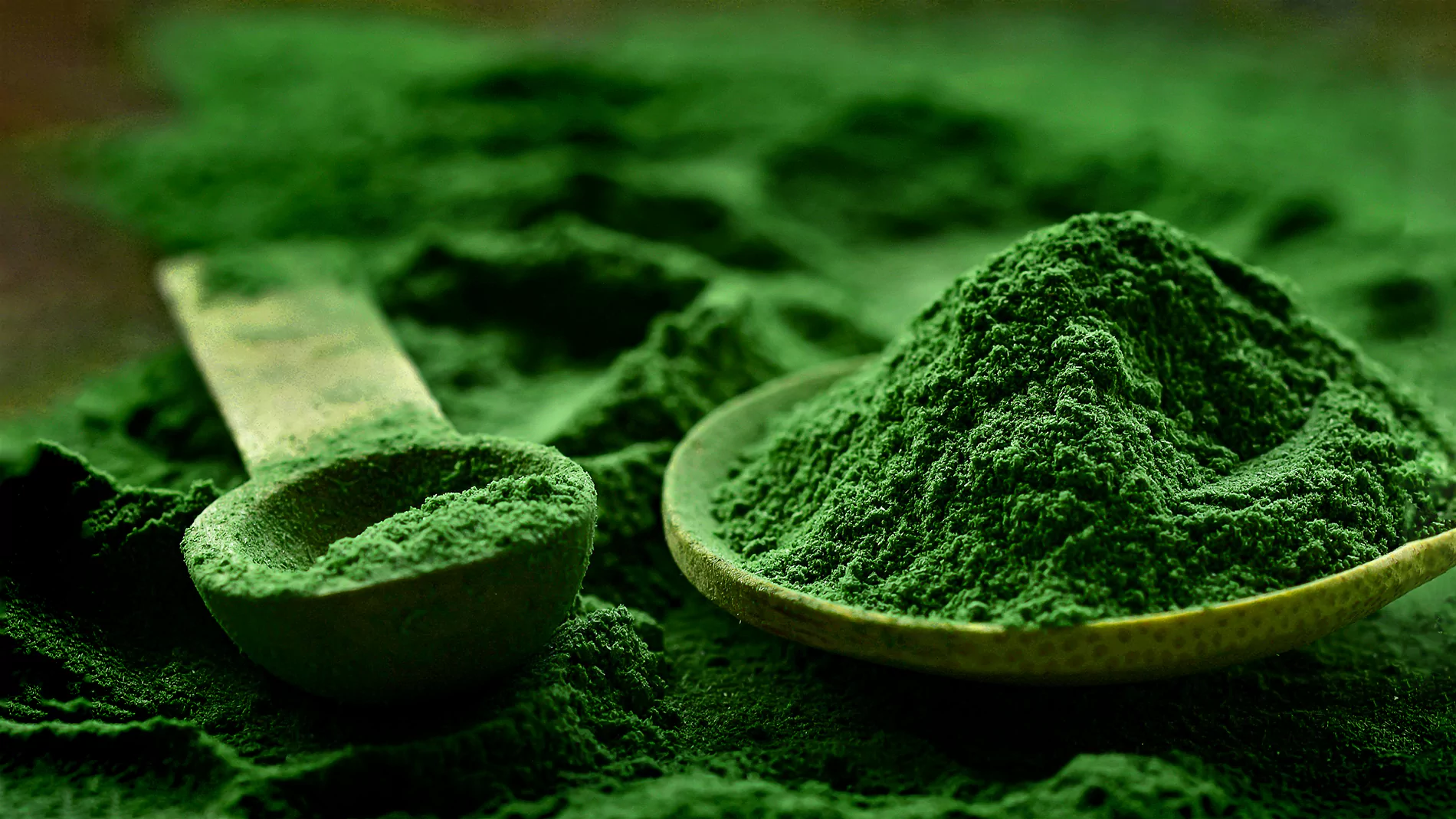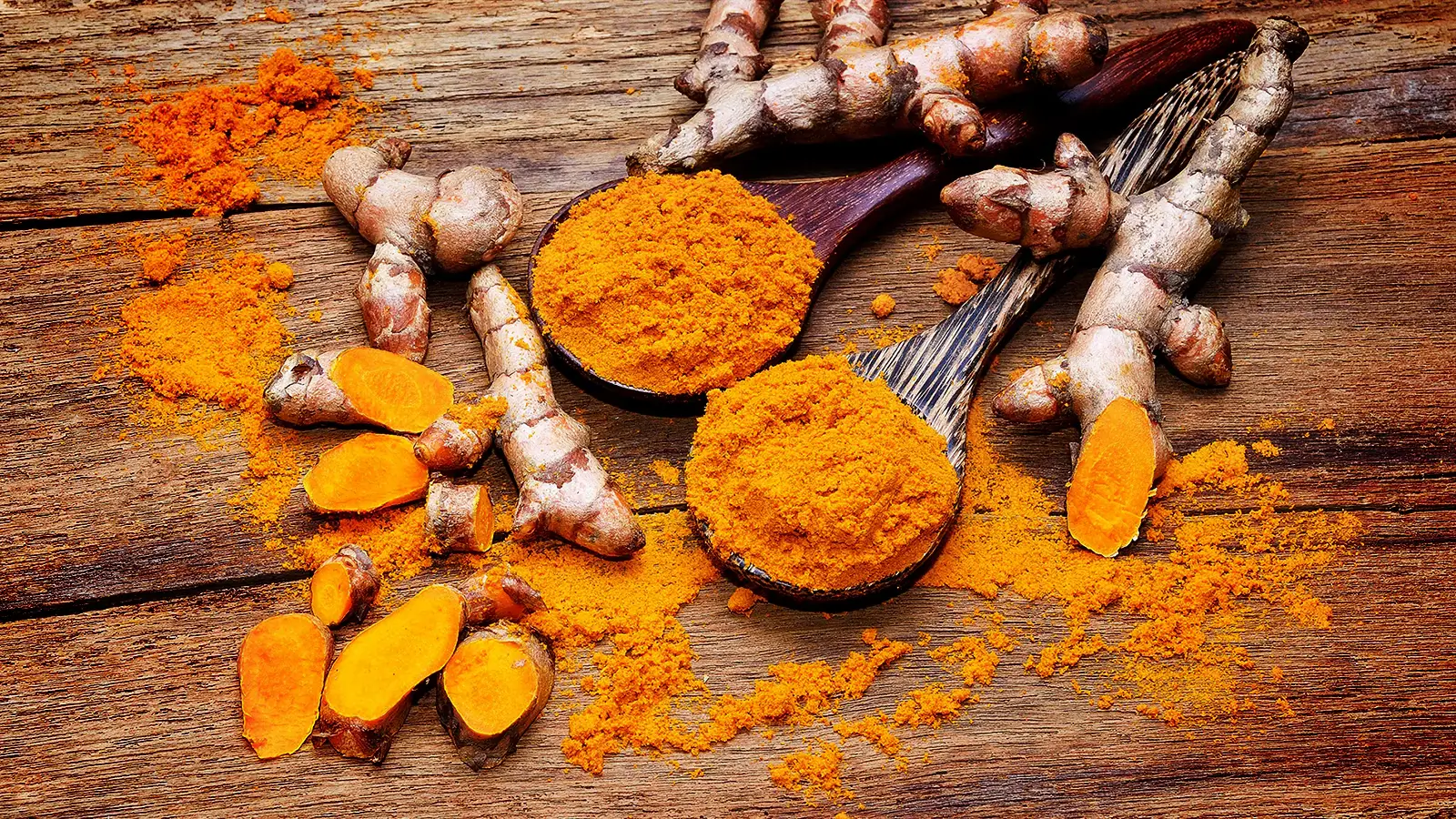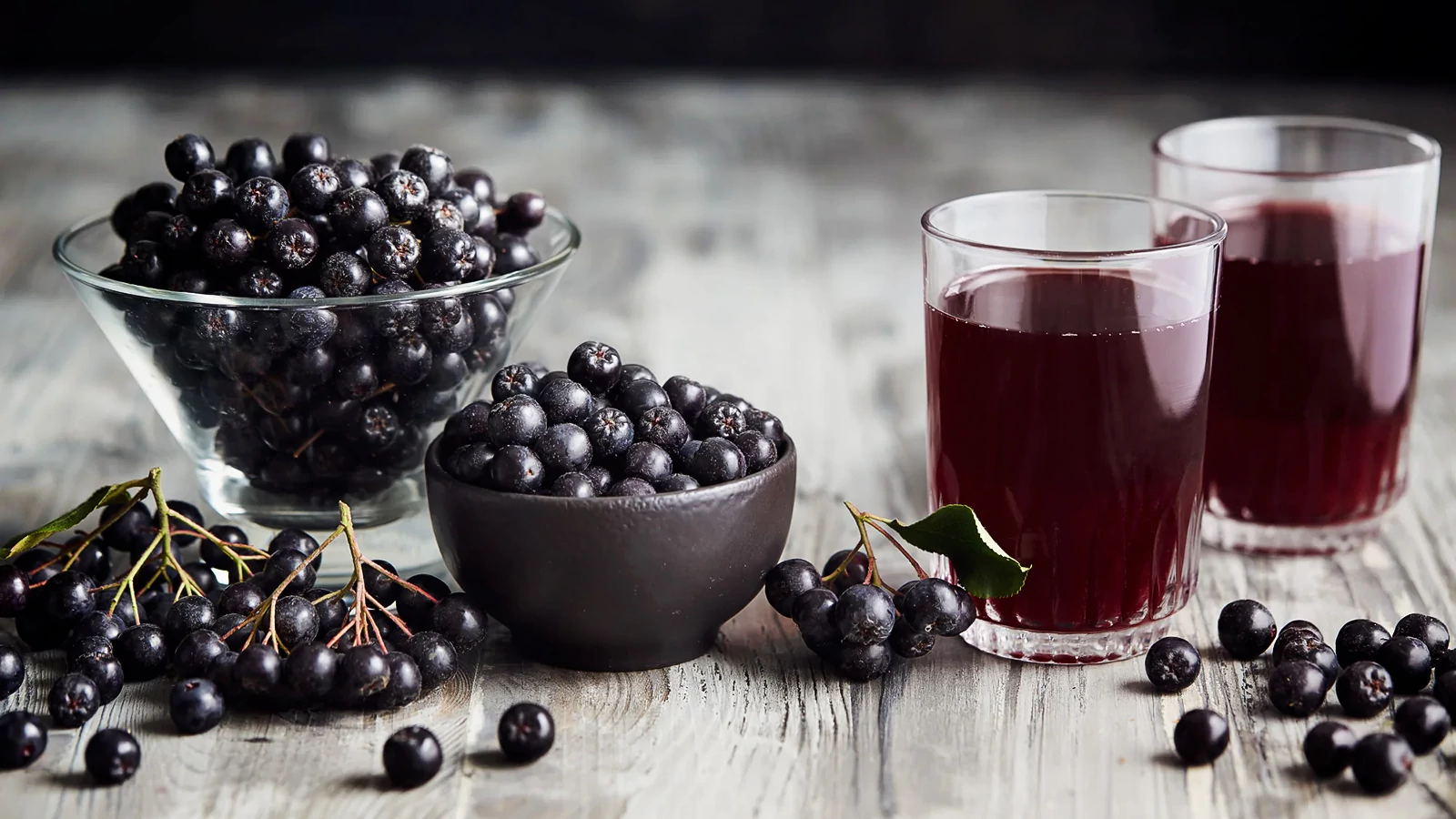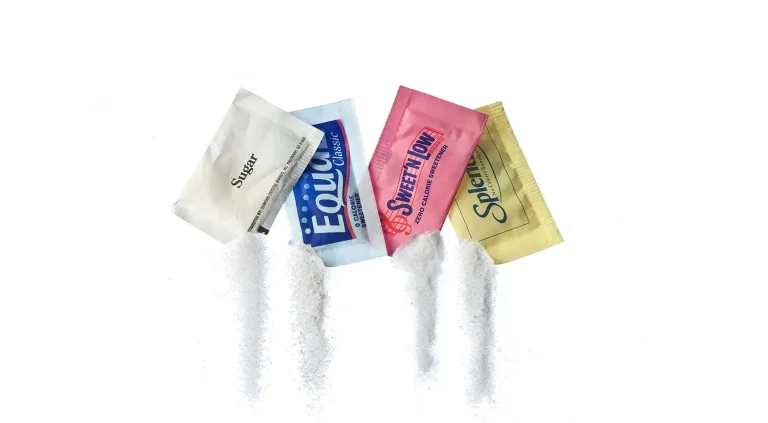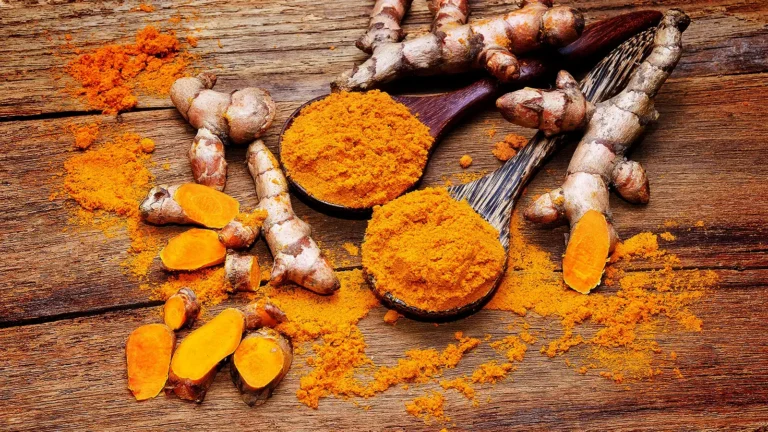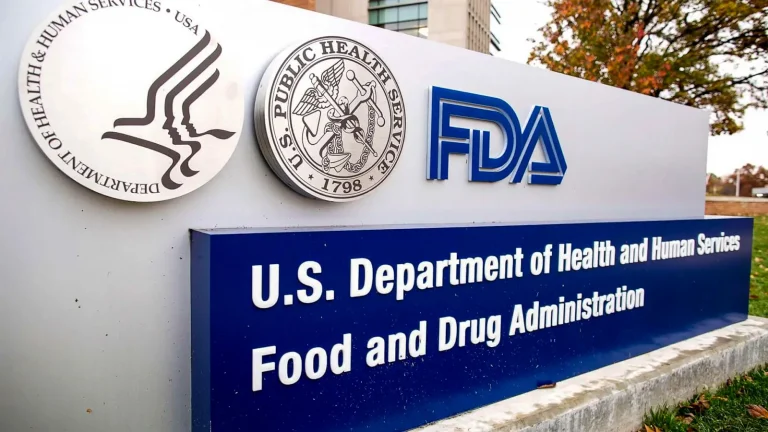Amla: Proven Benefits, Nutrition And Clinical Significance
Amla is one of the world’s most powerful antioxidants with a ORAC score of 261,530. It is a rich source of phytochemicals that have various health benefits.
Milos Pokimica
Written By: Milos Pokimica
Medically Reviewed by: Dr. Xiùying Wáng, M.D.
Updated September 4, 2023Key Takeaways:
– Amla is that it is one of the world’s most powerful antioxidants. It has an ORAC score of 261,530 and it is as potent as cloves.
– Scientific studies have confirmed that amla has many properties that can help prevent and treat a wide range of diseases. It basically helped with everything ever tested.
– Amla can help prevent or reduce oxidative stress by different mechanisms. It can do it directly by scavenging free radicals, but also it is able to enhance the body’s own antioxidant defenses by upregulating the production of internal antioxidants.
– Amla may be a promising natural agent for preventing or treating heavy metal toxicity and its associated health problems.
– In scientific research, it did prolong the lifespan of fruit flies and also increased their sexual behavior (Pathak et al., 2011). Also flies on Amla laid more eggs and more eggs hatched as well.
– Amla extract works in a similar way to nonsteroidal anti-inflammatory drugs, such as diclofenac.
– Amla extract acts as a natural anti-platelet and anti-thrombotic agent that can prevent the formation of blood clots and improve blood circulation in the vessels. P. emblica extract can also enhance the effects of clopidogrel and ecosprin when used in combination.
– Amla extract has both anti-H. pylori and antioxidant activities, which could make it a potential source for therapeutic use against gastric ulcers and cancer caused by this bacterium.The anti-H. pylori activity was due to a specific compound in the extract that might be responsible for the broad-spectrum antibiotic activity of amla against other antibiotic-resistant bacteria and other types of pathogens as well.
– Amla can reduce fat accumulation and fibrosis in the liver cells. Gallic acid, one of the main components of amla, can improve fat metabolism and oxidative stress in rats fed with a high-fat diet.
– Amla fruit extract has a protective effect against alcohol-induced oxidative stress by modulating the plasma biochemical profile in rats. If you are a moderate drinker who wants to prevent or reduce the damage caused by alcohol to your vital organs, you might want to try adding amla to your diet.
– Amla can induce apoptosis in cancer cells.
– Amla can also inhibit tumor promotion and invasion.
– Amla is one of the strongest chemotherapy agents so far tested because of one simple reason. Amla can be taken in high dosages year-round with minor negative side effects.
– In a study (Ngamkitidechakul et al., 2010) amla decreased cancer cell growth, and then as a concentration increased it completely stopped the growth of all six cancers tested. As the concentration was raised the cancer growth became negative and cancer cells began to die off eventually.
– Amla has been shown to lower the levels of cholesterol, triglycerides, low-density lipoprotein (LDL), and very-low-density lipoprotein (VLDL) in the blood while increasing the levels of high-density lipoprotein (HDL) and apolipoprotein A1.
– One gooseberry a day cuts bad cholesterol and triglycerides in half in three weeks.
– Amla juice reduced LDL oxidation by 90%, meaning that it prevented LDL from becoming more dangerous. Amla juice also limited the uptake of oxidized LDL in macrophages, meaning that it prevented foam cells from forming.
– Amla had a slightly better effect than simvastatin on both lowering LDL and raising HDL levels.
– Amla reduced the adherence of Streptococcus mutans to the tooth by 50% at certain concentrations. They also reduced the biofilm formation by 50% at lower concentrations. Also, they decreased the glucan synthesis and the stickiness of the bacterium.
– Amla contains compounds that can inhibit the enzymes that break down carbohydrates into glucose, thus reducing the amount of sugar that enters the bloodstream.
– Amla is high in oxalates, which can contribute to the formation of kidney stones in susceptible individuals.
What is Amla?
Amla is an Indian gooseberry that is traditionally consumed as dried powder or juice. Indian gooseberry is a fruit that grows on a tree that belongs to the Euphorbiaceae family. It is native to India, Southeast Asia, China, Iran, and Pakistan. It is also known as Phyllanthus emblica L.
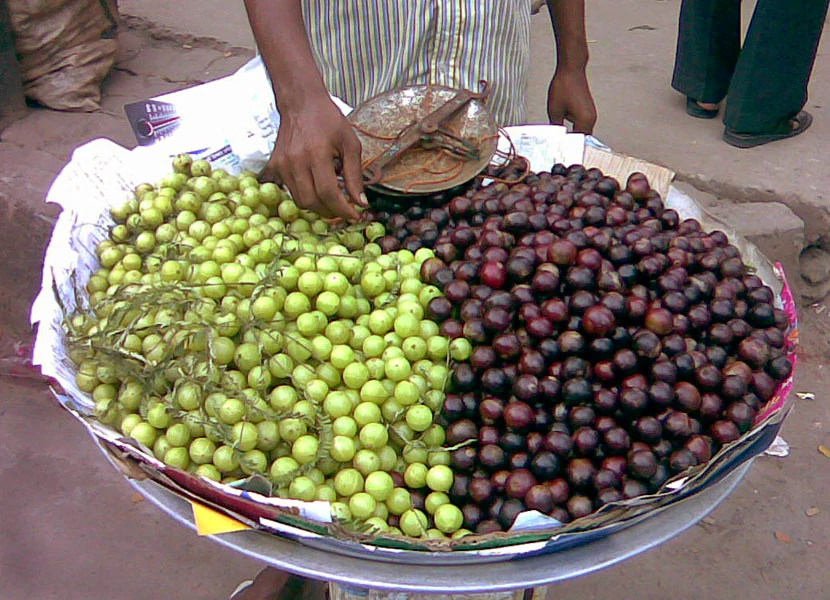
What is important about Amla is that it is one of the world’s most powerful antioxidants. This property has been recognized in Ayurveda, the ancient system of medicine in India, and Indian gooseberry and its dried powder have been used in traditional medicine for a wide range of diseases.
Amla enjoys a mythical reputation in India due to a belief that it originated from drops of Amrit, the nectar of immortality. According to ancient Indian mythology, amla was the first tree created in the universe. The Indian gooseberry tree is also supposed to have been used to achieve enlightenment by Phussa Buddha, the first Buddha of antiquity.
Amla contains many polyphenols, which are plant chemicals that have antioxidant and anti-inflammatory properties. Amla also has a high amount of vitamin C, which is essential for the immune system and the skin. The combination of polyphenols and vitamin C gives amla a strong antioxidant activity, which means it can protect the cells from damage caused by free radicals. Amla can also boost the body’s own antioxidant defense system, which helps prevent diseases and aging.
It has an ORAC score of 261,530 and it is as potent as cloves. There is a lot of research done on amla and it has been found to be very effective against many diseases (Gul et al., 2022).
Amla is a fruit with a lot of potential for health promotion and disease prevention. It has a rich composition of natural compounds that have antioxidant, anti-inflammatory, anti-hyperlipidemic, antidiabetic, anticancer, digestive, and neuroprotective effects. It can lower blood cholesterol and sugar levels, which can prevent or treat heart disease and diabetes. It can also fight against cancer cells, by inducing cell death or stopping their growth. It can also protect the digestive tract from ulcers and infections, by enhancing mucus secretion and the gut microbiota. It can also protect the brain from neurodegeneration and cognitive decline, by improving blood flow and nerve function.
Health Benefits of Amla.
Amla can be used alone or with other herbs to cure colds, fevers, digestive problems, liver disorders, ulcers, inflammation, hair problems, and many more. It is rich in vitamin C, polyphenols, flavonoids, and other phytochemicals that have antioxidant, anti-inflammatory, and immunomodulatory properties. E. officinalis has been shown to protect against oxidative stress-induced damage in various tissues and organs, such as the liver, kidney, heart, brain, and lungs. Scientific studies have confirmed that amla has many properties that can help prevent and treat diseases.
Some of these properties are (Gul et al., 2022):
- Antipyretic: Amla can reduce fever by lowering the body temperature.
- Analgesic: Amla can relieve pain by blocking the pain signals in the brain.
- Antitussive: Amla can suppress cough by soothing the throat and lungs.
- Antiatherogenic: Amla can prevent the formation of plaque in the arteries by lowering the cholesterol and triglyceride levels in the blood.
- Adaptogenic: Amla can help the body cope with stress by balancing the hormones and enhancing the immune system.
- Cardioprotective: Amla can protect the heart by improving blood circulation and preventing blood clots.
- Gastroprotective: Amla can protect the stomach and intestines by increasing mucus secretion and inhibiting the growth of harmful bacteria.
- Antianemia: Amla can prevent or treat anemia by increasing the hemoglobin and red blood cell count in the blood.
- Antihypercholesterolemia: Amla can lower the high cholesterol levels in the blood by inhibiting the enzyme that produces cholesterol in the liver.
- Wound healing: Amla can heal wounds by promoting the growth of new skin cells and preventing infections.
- Antidiarrheal: Amla can stop diarrhea by absorbing excess water and toxins from the intestines.
- Antiatherosclerotic: Amla can prevent or reverse the hardening of the arteries by reducing the inflammation and oxidative stress in the blood vessels.
- Hepatoprotective: Amla can protect the liver by enhancing its function and detoxification ability.
- Nephroprotective: Amla can protect the kidneys by preventing or reducing the damage caused by toxins or drugs.
- Neuroprotective: Amla can protect the brain by improving its oxygen supply and nerve function.
Amla also has anticancer effects, which means it can kill or stop the growth of cancer cells (Gul et al., 2022).
Amla contains many phytochemicals, such as gallic acid, ellagic acid, pyrogallol, corilagin, geraniin, elaeocarpusin, and prodelphinidins B1 and B2, that have antineoplastic properties.
These phytochemicals can induce apoptosis or programmed cell death in cancer cells, or prevent them from dividing or spreading. Amla also has radiomodulatory, chemomodulatory, and chemopreventive effects, which means it can enhance the effectiveness of radiation therapy or chemotherapy, or prevent cancer from developing in the first place.
Amla also has anti-inflammatory, antimutagenic, and immunomodulatory activities, which means it can reduce inflammation, prevent genetic mutations, and regulate the immune system (Gul et al., 2022).
Amla is also a powerful antioxidant, which means it can scavenge free radicals or unstable molecules that can cause damage to the cells (Gul et al., 2022). Free radicals are produced by various factors, such as pollution, smoking, aging, or inflammation. Free radicals can cause oxidative stress or imbalance in the cells, which can lead to diseases and aging. Amla can prevent or reduce oxidative stress by donating electrons to free radicals and neutralizing them.
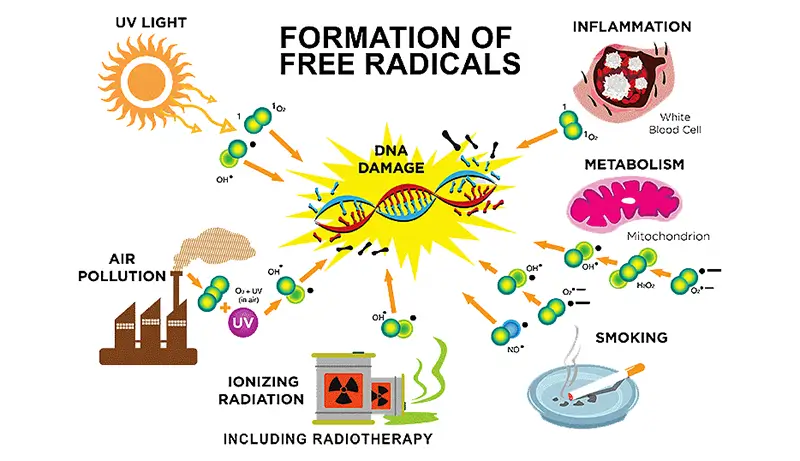
It basically helps with everything ever tested. If you have a condition no matter what it is it is a great possibility that Amla can help. It is even used as a snake venom-neutralizing agent.
And to top it all, it kills cancer cells with such potency that will rival most of the strongest chemotherapy drugs currently used in cancer treatment. Unlike chemotherapy, you can take amla year-round for the rest of your life. It is considered to be the wonder drug in alternative medicine when dealing with cancer prevention and treatment.
It is so potent that Big Pharma refuses to research this berry in cancer treatment to the full extent. There is only sporadic cancer research done mostly from more independent sources.
Phytochemistry of Amla.
Amla contains a rich variety of phytochemicals, which are natural compounds that have biological effects on the body. Phytochemicals can be found in different parts of the amla plant, such as the fruits, leaves, and roots.
One of the most abundant groups of phytochemicals in amla is polyphenols. Polyphenols are antioxidants that can protect the cells from oxidative stress and inflammation. They can also modulate various cellular processes, such as gene expression, enzyme activity, and signal transduction.
Phenolic acids are compounds that have a phenol ring with one or more carboxylic acid groups attached to it. Amla fruits and commercial products made from them contain several Phenolic acids, such as 4-hydroxybenzoic acid, coumaric acid, gallic acid, protocatechuic acid, syringic acid, and vanillic.
Flavones are compounds that have two phenol rings connected by a double-bonded oxygen atom. Amla fruits and commercial products made from them contain apigenin, luteolin, and myricetin.
As you can see, amla is a rich source of phytochemicals that can have various health benefits.
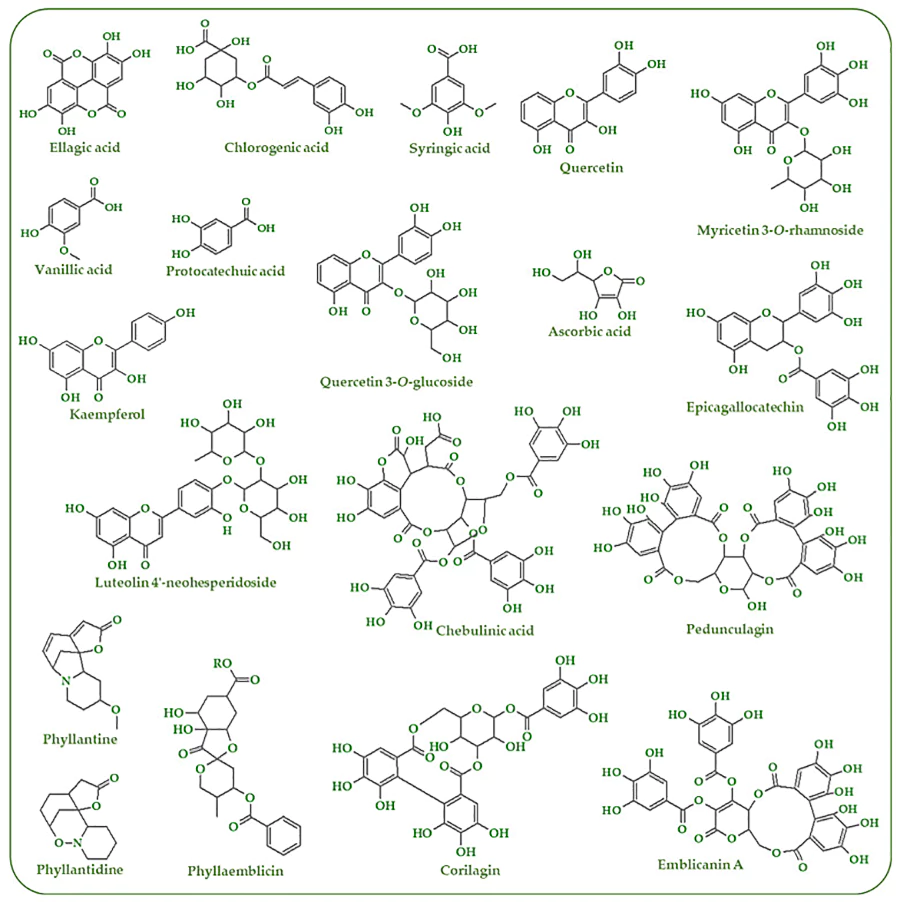
Antioxidant Activity.
Amla is a fruit that can boost your antioxidant defense system and help your body cope with oxidative stress and inflammation. One of the main benefits is its strong antioxidant activity and one of the main reasons why we would use it as a supplement.
It has an ORAC score of 261,530 and it is as potent as cloves with one big difference. We would be able to consume much more amla than cloves because it does not have such a strong taste.
Amla can help prevent or reduce oxidative stress by different mechanisms. It can do it directly by scavenging free radicals, but also it is able to enhance the body’s own antioxidant defenses by upregulating the production of internal antioxidants, such as superoxide dismutase (SOD), catalase (CAT), glutathione peroxidase (GPx), and glutathione reductase (GR). It is also able to modulate the expression of genes involved in oxidative stress response.
Another mechanism by which amla protects against oxidative stress is by chelating the transition metal ions, that are present in the environment and can catalyze the formation of reactive oxygen species (ROS). It contains hydrolyzable tannins, such as emblicanin A and B, pedunculagin, and punigluconin, that have strong metal-binding capacity and can reduce the availability of these metal ions for ROS generation.
One important thing to note is that amla extracts and compounds are not toxic to the cells at concentrations that show antioxidant activity. This means that they are safe to use and do not cause any harmful side effects. However, some people may have allergies or interactions with some medications when using Amla products. Therefore, it is advisable to consult your doctor before using Amla products if you have any medical conditions or allergies.
Amla and Oxidative Stress in Animals.
Several studies have shown that amla fruit extracts can protect animals from oxidative damage induced by various factors, such as chemicals, radiation, or diabetes.
For example, one study found that giving mice 500 mg/kg body weight of amla fruit extract daily for 28 days increased the activity of glutathione, catalase, and superoxide dismutase in their thymus (Singh et al., 2016).
They exposed the mice to arsenic or amla or both for 28 days and then examined their thymus, which is an organ that regulates immune cells.
They found that arsenic exposure caused significant damage to the thymus of the mice. It increases the levels of lipid peroxidation, which is a process that damages the cell membranes. It also increased the production of reactive oxygen species, which are harmful molecules that can damage the DNA, proteins, and other components of the cells. Arsenic exposure also reduces the levels of glutathione, which is a main antioxidant that our body uses to protect the cells from oxidative stress. It also reduced the activity of enzymes that are involved in antioxidant defense, such as superoxide dismutase, catalase, and cytochrome c oxidase (COX). Furthermore, arsenic exposure lowered the mitochondrial membrane potential (MMP), which is an indicator of the health and function of the mitochondria, which are the energy-producing organelles of the cells.
Arsenic exposure also triggered apoptosis, or programmed cell death, in the thymus of the mice. Apoptosis is a process that eliminates damaged or unwanted cells from the body. However, excessive or inappropriate apoptosis can lead to tissue damage and organ dysfunction.
However, when the mice were co-treated with arsenic and amla, they observed notable improvements in all these parameters. Co-treatment with arsenic and amla decreased the levels of lipid peroxidation and ROS production in the thymus of the mice. It also increased the cell viability and restored the levels of glutathione and antioxidant enzymes in the thymus. Also, co-treatment with amla increased the MMP improved the mitochondrial function in the thymus, and decreased the percentage of apoptotic and necrotic cells in the thymus.
The results of this study show that amla has a protective effect against arsenic-induced oxidative stress and apoptosis in the thymocytes of mice. The researchers suggest that this could be due to its strong antioxidant potential that can scavenge ROS and prevent lipid peroxidation. They also propose that amla may modulate the expression of genes involved in apoptosis and mitochondrial function.
This study demonstrates that amla may be a promising natural agent for preventing or treating arsenic toxicity and its associated health problems.
One more study (Reddy et al., 2010) investigated the effect of amla fruit extract on alcohol-induced oxidative stress in mice. Alcohol is a substance that can generate ROS and deplete antioxidants in the body, leading to liver damage and other problems.
The mice that received 100 mg/kg BW of amla fruit extract before alcohol administration had lower levels of nitric oxide (NOx), which is a free radical that can cause inflammation and tissue injury.
The study found that alcohol consumption caused significant damage to the rats’ plasma biochemical profile, which reflects the health of their liver and kidneys. Alcohol increases the levels of nitrite/nitrate (NOx), a marker of oxidative stress, as well as total bilirubin, creatinine, and abnormal lipids and lipoproteins, which indicate liver and kidney dysfunction. Alcohol also decreases the levels of total protein, albumin/globulin (A/G) ratio, and uric acid, which are important for maintaining fluid balance and preventing gout. Interestingly, alcohol did not affect the glucose level of the rats, which suggests that it did not impair their insulin sensitivity.
However, when the rats were given amla fruit extract along with alcohol, they showed notable improvement in their plasma biochemical profile. Amla fruit extract normalized the levels of NOx, total bilirubin, creatinine, lipids and lipoproteins, total protein, A/G ratio, and uric acid. It also reduced the correlation between NOx and other harmful substances, such as cholesterol, triglycerides, VLDL-C, LDL-C, and total bilirubin. On the other hand, extract increased the correlation between NOx and beneficial substances, such as HDL-C and uric acid.
The study concluded that amla fruit extract has a protective effect against alcohol-induced oxidative stress by modulating the plasma biochemical profile in rats. The study attributed this effect to phytophenols, such as tannins and flavonoids, and vitamin C. These compounds have antioxidant, anti-inflammatory, and anti-lipidemic properties that can counteract the harmful effects of alcohol on the liver and kidneys.
So what does this mean for you? Well, if you are a moderate drinker who wants to prevent or reduce the damage caused by alcohol to your vital organs, you might want to try adding amla to your diet.
These studies indicate that amla extracts can protect animals from oxidative stress by increasing their antioxidant capacity and reducing their oxidative damage. The polyphenols in amla extracts may act as direct antioxidants by scavenging free radicals or as indirect antioxidants by enhancing the antioxidant enzymes or modulating the gene expression.
Amla and Oxidative Stress in Humans.
The antioxidant effects of amla have also been tested in human clinical trials with different populations and conditions.
One trial involved smokers, who are exposed to high levels of ROS from cigarette smoke and have an increased risk of oxidative stress-related diseases (Biswas et al., 2014). The smokers who took 250 mg of amla fruit extract twice a day for 60 days had lower levels of lipid peroxidation products and higher levels of antioxidants in their blood than the placebo group.
The study involved two groups of smokers who were aged between 20 and 60 years and smoked more than 15 cigarettes a day for more than 10 years. One group took 250mg of amla fruit extract twice a day, while the other group took a placebo. The researchers measured various parameters related to smoking and health before and after 60 days of treatment.
The amla fruit extract group reported improvement in several symptoms associated with smoking, such as shortness of breath, cough, heartburn, sleep quality, and fatigue. They also had better mouth hygiene and less bad breath.
But what about the objective parameters? How did amla affect the cardiovascular and respiratory systems of the smokers? And what about the oxidative stress and DNA damage caused by smoking? Well, the amla fruit extract group also had better results in these areas.
First of all, amla fruit extract improves the cholesterol levels of smokers. HDL is often called the “good” cholesterol because it helps remove excess cholesterol from the arteries and prevents oxidation of LDL. Oxidation is a chemical reaction that makes LDL more harmful to the arteries.
The extract group had a significant increase in HDL levels after 60 days, while the placebo group did not. The extract group also had lower ratios of total cholesterol to HDL and LDL to HDL, which are indicators of cardiac risk.
Secondly, the extract reduced the platelet aggregation of the smokers. Smoking is one of the factors that can make platelets more sticky and prone to aggregation. The extract group had significantly lower platelet aggregation after 60 days. This means that extract made the blood less likely to clot abnormally.
Thirdly, the extract lowered the lipoprotein (a) levels of smokers. Lipoprotein (a) is another type of fat that circulates in the blood and can contribute to atherosclerosis. It is similar to LDL but has an additional protein attached to it. This protein makes lipoprotein (a) more resistant to breakdown by enzymes and more likely to accumulate in the artery walls. Lipoprotein (a) is also associated with increased inflammation and oxidative stress in the arteries. The extract group had significantly lower lipoprotein (a) levels after 60 days. This means that extract reduced another risk factor for atherosclerotic diseases.
Fourthly, the extract decreased the oxidative stress and DNA damage of the smokers. Smoking increases free radical production and reduces antioxidant levels in the body, leading to oxidative stress.
The amla fruit extract group had significantly lower 8-OH-2-deoxyguanosine levels (a marker of DNA damage caused by free radicals) after 60 days. This means that amla reduces oxidative stress and protects DNA from free radical damage.
Another trial involved patients with metabolic syndrome (MetS), which is a cluster of risk factors for cardiovascular disease and diabetes, such as high blood pressure, high blood sugar, high cholesterol, and abdominal obesity (Usharani et al., 2019). If you have metabolic syndrome (MetS), you may be at risk of developing serious health problems such as heart disease, stroke, and diabetes. It is basically a sum of all diseases of affluence caused by standard American animal products and processed food-dominated diets. These conditions can damage your blood vessels and impair the function of your endothelium, which is the inner lining of your arteries. Endothelial dysfunction (ED) is a key factor in the initiation and progression of atherosclerosis, which is the buildup of plaque in your arteries that can lead to heart attacks and strokes. These patients often have increased oxidative stress and inflammation in their body because they do not eat enough food that has an adequate ORAC score plus all other toxicity and chronic inflammation that comes along. That is a reason why there is always a market for superfood extracts as a substitute for a healthy diet.
In this study, the patients who took either 250 or 500 mg of amla fruit extract twice a day for 12 weeks had lower levels of lipid peroxidation products and higher levels of glutathione in their blood than the placebo group.
The main treatment for MetS involves making lifestyle changes such as eating a healthy diet mostly planet-based without cholesterol, exercising regularly, quitting smoking, and managing stress. You may also need to take medications to control your blood pressure, blood sugar, and cholesterol levels. However, these drugs can have side effects such as nausea, dizziness, fatigue, muscle pain, and liver damage. Wouldn’t it be great if there was a natural alternative in a supplemental form that could help you improve your heart health and metabolism without causing any adverse effects? A magic pill.
Well, there is. A recent study has shown that a standardized aqueous extract of fruits of amla can significantly improve ED, oxidative stress, systemic inflammation, and lipid profile in subjects with MetS.
The study was a randomized, double-blind, placebo-controlled clinical trial that involved 59 subjects with MetS who were divided into three groups: one group received P. emblica aqueous extract (PEE) 250 mg twice daily, another group received PEE 500 mg twice daily, and the third group received placebo twice daily for 12 weeks.
250 mg and 500 mg twice daily dosing showed a significant reduction in reflection index (a device that measures the blood flow in your fingers), indicating improved endothelial function. They also showed significant improvement in oxidative stress biomarkers by increasing nitric oxide and glutathione levels and decreasing malondialdehyde levels.
They also showed significant improvement in systemic inflammation biomarkers by reducing high-sensitivity C-reactive protein levels. High-sensitivity C-reactive protein is a protein that indicates inflammation in your body and is associated with an increased risk of cardiovascular disease.
Amla also showed significant improvement in lipid profile by lowering cholesterol, LDL-C, and triglycerides levels and increasing HDL-C levels.
Amla 500 mg twice daily was more effective than 250 mg twice daily. None of the participants experienced any adverse events or discontinued the study due to side effects.
The study concluded that P. emblica aqueous extract significantly improved endothelial function, oxidative stress, systemic inflammation, and lipid profile at both dosages tested, but especially at 500 mg twice daily. Therefore, this product may be used as an adjunct to conventional therapy (lifestyle modification and pharmacological intervention) in the management of metabolic syndrome.
If you have MetS or want to prevent it from developing, you may want to give Amla a try. It is a natural fruit that can help you improve your heart health and metabolism without causing any harm. You can find it online or in health food stores under various brand names. And of course, consult your doctor before taking any supplements, especially if you are pregnant, breastfeeding, or have any medical conditions or allergies.
You still need to follow a healthy lifestyle, change your entire unhealthy diet and take your prescribed medications as directed by your doctor. However, it can be a valuable addition to your wellness regimen that can enhance your quality of life and reduce your risk of serious complications.
These trials suggest that amla fruit extract can improve the antioxidant status and reduce oxidative stress in humans.
Besides antioxidant activity, amla and its polyphenols have also been reported to have other biological effects, such as anti-inflammatory, anti-diabetic, anti-cancer, anti-microbial, anti-aging, and neuroprotective effects.
Longevity and Sexual Behavior.
In scientific research, it did prolong the lifespan of fruit flies and also increased their sexual behavior (Pathak et al., 2011). Also flies on Amla laid more eggs and more eggs hatched as well. It did increase fertility and longevity so the Ayurvedic tradition of immortality and its aphrodisiac effect properties might have been based on some traditional first-hand experience.
Mating latency reflects the vigor of the male and the receptivity of the female. A male with high vigor will react quickly in the presence of a female, while a female with high receptivity will accept the male easily. Therefore, shorter mating latency means higher vigor and receptivity, which leads to higher mating success.
The flies from the experimental group had shorter mating latency than the flies from the control group. This means that amla increased the vigor and receptivity of the flies. The difference in mating latency between the two groups was also statistically significant. This means that the effect of Emblica officinalis was not due to chance, but to a real difference.
Mating latency is not the only thing that matters in sexual behavior. There are other factors that are also important, such as copulation duration, fecundity, fertility, and developmental time.
The flies that were fed with amla had longer copulation duration than the flies that were fed with normal culture. This means that Emblica officinalis increased the amount of sperms transferred and received by the flies, which could improve their reproductive success.
They also had higher fecundity than the flies that were fed with normal culture. This means that Emblica officinalis increased the egg production of the females, which could increase their reproductive output.
The flies that were fed with amla had higher fertility than the flies that were fed with normal culture. This means that Emblica officinalis increased the viability of the eggs and sperm of the flies, which could increase their reproductive performance.
As you can see from these results, amla had a positive effect on most of the sexual behavior and fitness parameters of Drosophila.
Anti-Inflammatory Effects.
inflammation and oxidative stress are two major factors that contribute to many chronic diseases such as diabetes, cancer, arthritis, and heart disease. Inflammation is the body’s natural response to injury or infection, but sometimes it can go out of control and cause damage to healthy tissues.
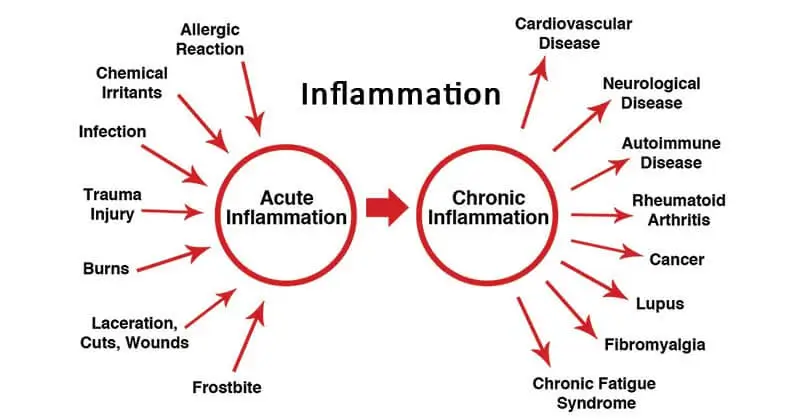
In addition to its antioxidant effects, E. officinalis also has anti-inflammatory effects that can help to reduce inflammation and tissue damage. Amla has been shown to inhibit the production of pro-inflammatory cytokines, such as tumor necrosis factor-alpha (TNF-α), interleukin-1 beta (IL-1β), and interleukin-6 (IL-6) (Li et al., 2020).
In this study (Singh et al., 2015) the researchers wanted to see if amla could reduce inflammation and oxidative stress by acting as an anti-inflammatory and antioxidant agent. They used arsenic to induce inflammation. Arsenic can cause inflammation and can also trigger the release of cytokines. These are proteins that help regulate the immune system and inflammation. But some cytokines, such as TNF-α, IL-1β, and IL-6, can cause more harm than good when they are too high. They found that rats that received amla extract had significantly lower levels of these cytokines than rats that only received arsenic. amla extract reduced the paw edema size in mice. It also reduced the pain and inflammatory mediators in their paws. The researchers suggested that amla extract works in a similar way to nonsteroidal anti-inflammatory drugs, such as diclofenac.
Platelet Aggregation.
If you have diabetes, you may know that your blood platelets are more likely to stick together and form clots. This can increase your risk of heart attack and stroke. That’s why you may need to take antiplatelet drugs, such as clopidogrel or ecosprin. These drugs can prevent platelet aggregation and reduce the chance of blood clots.
However, there is a natural way to improve platelet function with Indian gooseberry extract. Amla has around 60 percent of the potency of blood-thinning effect as aspirin or Plavix (Fatima et al., 2014). The reason is that oxidative stress can impair platelet function and make them more sticky.
In the study (Fatima et al., 2014), they compared amla (P. emblica) extract with clopidogrel (Plavix) and ecosprin (aspirin), two common antiplatelet drugs. They also tested the combinations of P. emblica extract with either clopidogrel or ecosprin.
They gave 10 diabetic patients different doses of P. emblica extract, clopidogrel, ecosprin, or their combinations. They measured their platelet aggregation, bleeding time, and clotting time before and after the treatment. They did this for both single-dose and multiple-dose administration.
What did they find out? Here are some of the main findings of the study:
- P. emblica extract, clopidogrel, ecosprin, and their combinations all reduced platelet aggregation significantly compared to baseline. This means that they all prevented platelets from sticking together and forming clots.
- P. emblica extract showed more antiplatelet activity when given multiple doses than when given a single dose. This means that its effect increased over time with repeated use.
- P. emblica extract, clopidogrel, ecosprin, and their combinations all prolonged bleeding time and clotting time compared to baseline. This means that they all increased the time it took for the blood to stop bleeding or clotting.
- All treatments were well tolerated by the patients. They did not report any serious side effects or adverse reactions.
The study suggests that P. emblica extract can improve platelet function in diabetic patients by reducing oxidative stress. P. emblica extract can act as a natural antiplatelet agent by preventing platelet aggregation and reducing the risk of blood clots. P. emblica extract can also enhance the effects of clopidogrel and ecosprin when used in combination.
However, before you start taking P. emblica extract, you should consult your doctor first. You should not stop or change your prescribed antiplatelet drugs without medical advice. You should also be careful about bleeding or bruising when taking Amla or any antiplatelet drugs.
Gastric Ulcer and Digestive Tract Protection.
One of the potential effects of amla is the potential inhibition of antibiotic-resistant Helicobacter pylori strains in vitro. Helicobacter pylori is a known cause of gastric ulcers (Mehrotra et al., 2011) and even cancer. You might think that getting rid of it would be easy with modern medicine, but you’d be wrong. Even the most powerful combination of drugs, called ‘triple therapy’, can’t always eradicate H. pylori from the gut.
H. pylori is very adaptable and can develop resistance to antibiotics. It also varies a lot depending on where you live, which affects how it causes disease and how it responds to treatment. For example, in India, most H. pylori strains are resistant to metronidazole, a common antibiotic used against it. Many of them are also resistant to clarithromycin and amoxicillin, two other drugs used in ‘triple therapy’. That makes treating H. pylori in India very complicated and often ineffective. H. pylori not only survives in your stomach but also damages it by producing toxins and inflammation. That’s why some people suggest using antioxidants.
But does amla work against H. pylori? That’s what they wanted to find out in this study (Mehrotra et al., 2011).
They tested the extract of amla pulp against different strains of H. pylori that were isolated from patients in Kolkata, Mumbai, and Hyderabad. These strains were resistant to different antibiotics, such as furazolidone, metronidazole, and clarithromycin. They found that the amla extract had anti-H. pylori activity against all the tested strains, with minimal inhibitory concentrations. This means that very small amounts of the extract were enough to stop the growth of the bacteria. The anti-H. pylori activity was due to a specific compound in the extract that had a retention factor of 0.16 on thin-layer chromatography. This compound might be responsible for the broad-spectrum antibiotic activity of amla against other pathogens as well.
They found that the extract retained its antioxidant properties even after being exposed to high temperatures and acidic conditions. This suggests that the extract could protect the stomach lining from oxidative damage and inflammation caused by H. pylori.
Study shows that amla extract has both anti-H. pylori and antioxidant activities, which could make it a potential source for therapeutic use against gastric ulcers and cancer caused by this bacterium.
Another interesting potential health benefit from amla consumption was reported in patients with gastroesophageal reflux disease (Karkon et al., 2018). Patients in the Amla group received two 500 mg Amla tablets twice a day, after meals, for 4 weeks and had reduced the severity and frequency of regurgitation and heartburn.
Liver Protection and Fatty Liver Disease.
You might think that only alcohol can damage your liver, but that’s not true. There is a condition called non-alcoholic fatty liver disease, which is the most common chronic liver disease in the world. It affects people who have metabolic syndrome, which is a group of risk factors for heart disease and diabetes, such as obesity, high blood pressure, high blood sugar, and high cholesterol. Non-alcoholic fatty liver disease means that your liver has too much fat stored in it, which can cause inflammation, scarring, and even liver failure.
Amla can reduce fat accumulation and fibrosis in the liver cells. Gallic acid, one of the main components of amla, can improve fat metabolism and oxidative stress in rats fed with a high-fat diet.
In this study (Huang et al., 2017) they gave amla extract to rats that were fed a high-fat diet for 12 weeks. They compared them with rats that were fed with a normal diet or a high-fat diet without amla. They measured their body weight, fat mass, liver weight, liver enzymes, antioxidant enzymes, and fat-related genes in their liver and fat tissues. They also looked at their liver histology to see how much fat and fibrosis they had.
Amla extract significantly reduced body weight, fat mass, liver weight, and liver enzymes in the high-fat diet rats. It also enhanced the antioxidant enzyme activities in the liver and fat tissues. It improved steatosis (fat accumulation) in the liver cells.
This study shows that amla can be beneficial for the prevention and treatment of non-alcoholic fatty liver. It can help you lose weight, lower your cholesterol and blood sugar levels, protect your liver from damage, and reduce your risk of heart disease and diabetes.
Cancer Prevention.
Researchers have found that Phyllanthus emblica L. can induce apoptosis in cancer cells. Apoptosis is a process of programmed cell death that eliminates damaged or abnormal cells from the body. By triggering apoptosis, Phyllanthus emblica L. can help eliminate cancer cells and prevent them from spreading to other tissues.
But that’s not all. Phyllanthus emblica L. can also inhibit tumor promotion and invasion. Tumor promotion is a stage of cancer development where cells acquire additional mutations and become more aggressive. Tumor invasion is a process where cancer cells break through the boundaries of their original tissue and invade other organs. Both of these processes are essential for cancer progression and metastasis.
How does Amla achieve these effects? The answer lies in its rich phytochemical content. Amla contains various phytochemicals, such as tannins, flavonoids, alkaloids, and phenolic acids, that can modulate different molecular pathways involved in cancer.
For example, one of the phytochemicals in Amla, called gallic acid, can inhibit the activity of an enzyme called matrix metalloproteinase-9 (Kahkeshani et al., 2019). MMP-9 is responsible for degrading the extracellular matrix, which is a network of proteins and sugars that surrounds and supports cells. By inhibiting MMP-9, gallic acid can prevent cancer cells from breaking through the extracellular matrix and invading other tissues.
Another phytochemical in Amla, called quercetin, can suppress the expression of a protein called nuclear factor-kappa B (Ruiz et al., 2007). NF-κB is a transcription factor that regulates the expression of genes involved in inflammation, cell survival, and proliferation. By suppressing NF-κB, quercetin can reduce inflammation, which is a risk factor for cancer development, and induce apoptosis in cancer cells.
These are just some examples of how Amla can affect cancer at different levels. Of course, more research is needed to confirm the safety and efficacy of this plant in humans. However, the existing evidence suggests that Phyllanthus emblica L. may be a promising natural agent for cancer prevention and treatment.
In this study (Ngamkitidechakul et al., 2010) they tested amla against six different types of human cancers. The result was that amla decreased cancer cell growth and then as a concentration increased it actually completely stopped the growth of all six cancers. As the concentration was raised the cancer growth became negative and cancer cells began to die off eventually.
When the experiment was stopped there was a reduction of more than 60 percent in the size of all six types of cancers. It destroyed cancer so profoundly that it was remarkable. The best thing about it all is that at the highest concentration of amla, it killed off more than 60 percent of cancer cells it didn’t have an impact on normal cells. This study defined amla as one of the strongest chemotherapy agents so far because of this one simple reason. It can be taken in high dosages year-round with no negative side effects whatsoever. The positive health effects are only side effects of amla.
The Best Food for High Cholesterol.
Cholesterol is a type of fat that is essential for your body, but too much of it can be harmful. Especially when it comes to LDL, or low-density lipoprotein, which is also known as bad cholesterol. LDL can cause plaque to build up in your arteries, narrowing them and increasing your risk of heart disease and stroke.
Amla juice has been shown to have beneficial effects on various aspects of your health, such as blood sugar, liver function, and immunity. But one of the most impressive benefits of amla juice is its ability to protect your heart from bad cholesterol.
Amla has been shown to lower the levels of cholesterol, triglycerides, low-density lipoprotein (LDL), and very-low-density lipoprotein (VLDL) in the blood while increasing the levels of high-density lipoprotein (HDL) and apolipoprotein A1. E. officinalis also has anti-platelet and anti-thrombotic effects that can prevent the formation of blood clots and improve blood circulation in the vessels.
If we look at real clinical studies done on humans, we will see the same benefits as with all other types of potent antioxidants. In this study (Akhtar et al., 2011) just adding amla made a significant improvement in cholesterol both total and cholesterol profile. How much significance?
One gooseberry a day cuts bad cholesterol and triglycerides in half in three weeks.
Also, the study above that I referenced is actually a study on the effects of amla on type 2 diabetes. Amla was outperforming the leading diabetic drug glyburide sold as Diabeta. One-quarter of a teaspoon of amla is as potent at fighting type 2 diabetes as millions of dollars worth of research pharmaceutical patented medicine. One of the side effects of Diabeta is liver failure or poisoning of bone marrow.
A study conducted by Nambiar and Shetty (Nambiar & Shetty, 2015) investigated the effect of amla juice on LDL oxidation and uptake in macrophages. Oxidation is a process where LDL reacts with free radicals, making it more harmful and prone to sticking to the artery walls. Uptake is a process where macrophages, which are a type of white blood cell that fight infections, engulf oxidized LDL and become foam cells that contribute to plaque formation.
The study found that amla juice, which contains myricetin, gallic acid, and kaempferol as main polyphenols, had remarkable effects on both processes.
Amla juice reduced LDL oxidation by 90%, meaning that it prevented LDL from becoming more dangerous. Amla juice also limited the uptake of oxidized LDL in macrophages, meaning that it prevented foam cells from forming.
These results suggest that amla juice can protect your arteries from plaque buildup and lower your risk of heart disease and stroke.
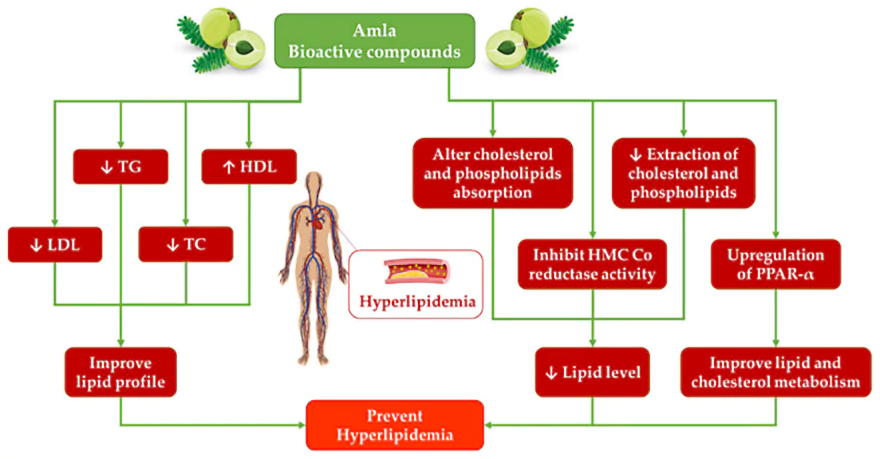
A study (Khanna et al., 2015) tested the effect of the extract of amla on overweight and mildly obese (body-mass index: 25-35) adult subjects from the US population. The subjects received 500 mg of amla extract twice a day for 12 weeks, and their blood samples were collected at different time points to measure various CVD risk factors.
After 12 weeks of supplementation, the subjects showed a significant decrease in their calculated low-density lipoprotein cholesterol and total cholesterol/high-density lipoprotein (TC/HDL) ratio, which are two important indicators of CVD risk. A lower TC/HDL ratio means a better balance between the two types of cholesterol.
But that’s not all. The subjects also showed a significant decrease in their circulatory high-sensitivity C reactive protein (hs-CRP) levels, which are a marker of inflammation in the body. Inflammation can damage the blood vessels and increase the risk of plaque formation and rupture, leading to heart attacks and strokes. A lower hs-CRP level means a lower level of inflammation.
And there’s more. The subjects also showed a significant decrease in their platelet aggregation, which is the clumping together of blood cells that can form clots and block the blood flow
The study concluded that oral amla supplementation may provide beneficial effects in overweight and mildly obese adults by lowering multiple global CVD risk factors. The study also suggested that it may have a synergistic effect with other lifestyle interventions, such as diet and exercise, to further improve cardiovascular health.
And the best part is amla fruit works for everyone, not just people with high cholesterol. Other studies have confirmed that amla fruit and extract can lower cholesterol and inflammation levels in healthy people as well.
Amla is so potent in cholesterol management that it is even more powerful than leading cholesterol-lowering drugs. A (Gopa et al., 2012) study compared the effects of Amla, a traditional Indian fruit, with simvastatin, a common cholesterol-lowering drug known as Zocor. It lowered total cholesterol the same as Zocor to around 15 percent but there is one problem with this study. They only used 500mg of amla. That is half of one gram and they didn’t even use dried power but dried fruit juice powder of amla. But even this pinch of amla juice powder provided the same effects as a statin. If you want a new cholesterol-lowering drug, well here is a new one called Amla that probably won’t be mentioned to you by your cardiologist at all. No prescription is needed and it costs 5 cents a dose. Plus, you will get all other benefits from it as a side effect.
The study (Gopa et al., 2012) aimed to find out whether Amla could help people with type II hyperlipidemia, a condition where the blood has too much cholesterol and other fats, which can increase the risk of heart disease and stroke.
The study involved 60 people with type II hyperlipidemia, who were divided into two groups. One group took Amla capsules (500 mg) every day for six weeks, while the other group took simvastatin capsules (20 mg) every day for the same period.
The results showed that both Amla and simvastatin were effective in lowering the levels of total cholesterol, LDL (bad) cholesterol, triglycerides, and VLDL (very low-density lipoprotein) in the blood. Both treatments also increase the levels of HDL (good) cholesterol in the blood, which can help protect against heart disease by removing excess cholesterol from the blood vessels.
However, Amla had a slightly better effect than simvastatin on both lowering LDL and raising HDL levels.
Both treatments also lowered the blood pressure of the participants, which is another benefit for heart health. However, Amla had a more pronounced effect than simvastatin on reducing blood pressure, especially systolic blood pressure (the top number), which measures the pressure in the arteries when the heart beats.
The study concluded that Amla was a safe and effective alternative to simvastatin for people with type II hyperlipidemia. Amla not only lowered cholesterol and fats in the blood but also improved blood pressure and reduced the need for higher doses of drugs. The study suggested that adding Amla to the current treatment options for high cholesterol would offer significant protection against atherosclerosis and coronary artery disease, which are leading causes of death worldwide.
Dental Caries.
Dental caries is a common and irreversible infection that causes your teeth to decay over time. The main culprit behind this infection is a bacterium called Streptococcus mutans, which lives in the mouth and feeds on the sugars we eat. Not only can this bacterium damage your teeth, but it can also cause a serious heart condition called infective endocarditis, which can be fatal if not treated. Sometimes the bacterium can enter the bloodstream through cuts or sores in the mouth and stick to the damaged tissue in the heart. This can lead to inflammation and infection of the heart valves and chambers.
So, how does Streptococcus mutans cause tooth decay? It has a few tricks up its sleeve. First, it can produce a lot of acid from the sugars it consumes, which lowers the pH of your mouth and makes it more acidic. This acid can erode the enamel of your teeth, which is the hard protective layer that covers them. Second, it can make sticky substances called glucans from the sugars it consumes, which help it stick to your teeth and form a biofilm. A biofilm is a layer of bacteria and other microorganisms that protects them from your saliva and immune system. The biofilm also traps more food particles and acid, creating a vicious cycle of tooth decay.
You might be wondering: Is there a way to stop this bacterium from ruining your teeth and heart? Well, one possible solution is to inhibit its ability to make glucans, which are essential for its survival and biofilm formation. This is what many researchers have tried to do by testing different agents that can block the enzymes that make glucans. These enzymes are called glucosyltransferases.
One of the agents that has shown promising results in inhibiting glucosyltransferases is a plant extract from Phyllanthus emblica, also known as amla.
That is why the scientist in this study (Hasan et al., 2012) decided to investigate how this plant extract works against this bacterium and its biofilm formation
They extracted the active compounds from the amla fruit using water and alcohol and tested their effects on different aspects of the bacterium’s life cycle.
They found that both the water and alcohol extracts of amla reduced the adherence of Streptococcus mutans to the tooth by 50% at certain concentrations. They also reduced the biofilm formation by 50% at lower concentrations. Also, they decreased the glucan synthesis and the stickiness of the bacterium.
The gene expression analysis showed that the extracts suppressed the genes that are important for biofilm formation. The microscopic images confirmed that the extracts disrupted the biofilm structure compared to the control. Therefore, they concluded that Emblica officinalis fruit extracts have the potential to prevent tooth decay by inhibiting the virulence factors of Streptococcus mutans.
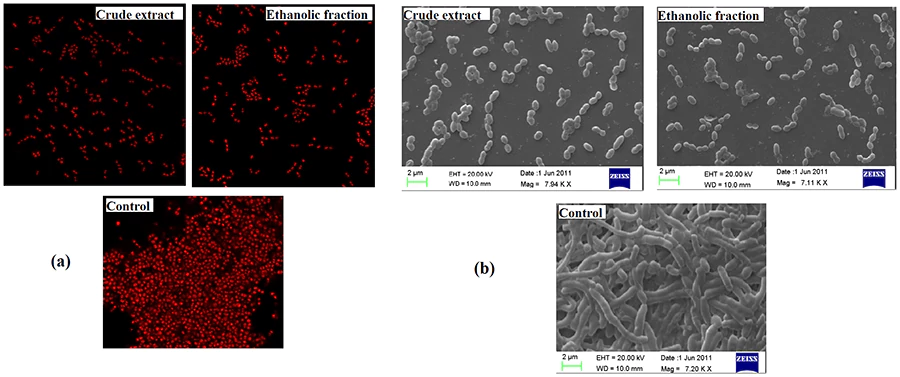
One way for us to use this study is to for example make our own mouthwash. Chlorhexidine is known to cause DNA damage. Green tea for example has a more powerful effect on the suppression of Streptococcus mutans than regular chlorhexidine mouthwash sold in every store (Balappanavar et al., 2013). Combining green tea with amla extract plus clove essential oil and essential oil of wild oregano will give us a much more potent and natural non-toxic way to prevent gingivitis and dental caries than using toxic substances like chlorhexidine.
Antidiabetic Activity.
If you are looking for a natural way to lower your blood sugar levels, you might want to give Amla a try. It has many health benefits, but one of the most impressive ones is its ability to lower blood sugar levels better than some of the leading diabetes drugs.
You may be wondering how a simple fruit can do that. Well, it’s not just based on anecdotal evidence or folklore. There is scientific research to back it up. In fact, one study (Akhtar et al., 2011) compared the effects of amla with glyburide, a common diabetes drug sold under the brand names Diabeta or Micronase. Glyburide is supposed to bring down your blood sugar levels by stimulating your pancreas to produce more insulin.
The study involved people with diabetes who were either given glyburide or a small amount of dried powdered amla (less than two berries a day worth). They gave the volunteers 1, 2 or 3 grams of Amla powder per day for 21 days, and measured their blood glucose and lipid levels before and after the treatment.
Amla not only lowered their blood sugar levels better than glyburide, but it also lowered their bad cholesterol, raised their good cholesterol, and slashed their triglycerides in half. And it did all that with just a fraction of a teaspoon of powder a day.
How can Amla be so powerful? Well, researchers believe that it has potent antioxidant and anti-inflammatory properties that can protect your cells from oxidative stress and inflammation, which are two major factors in diabetes.
Amla also contains compounds that can inhibit the enzymes that break down carbohydrates into glucose, thus reducing the amount of sugar that enters your bloodstream.
Studies indicate that the activity of the main phytochemicals found in amla (such as ellagic acid and ascorbic acid) reduces the activity of key enzymes involved in glucose metabolism.
These enzymes are called amylase and glucosidase, and they are found in saliva and intestines. When you eat starchy or sugary food, these enzymes start to work on it and convert it into glucose, which then enters your bloodstream and raises your blood sugar levels.
However, if you eat amla along with your food, the phytochemicals in it can bind to these enzymes and inhibit their activity. This means that less glucose will be produced from the food you eat, and your blood sugar levels will not spike as much. This can help you control your diabetes and prevent complications from high blood sugar levels.
This effect of amla’s phytochemicals on the enzymes that digest sugar was demonstrated in a laboratory study (Nampoothiri et al., 2011). The researchers tested the activity of amylase and glucosidase in the presence of different concentrations of ellagic acid and ascorbic acid extracted from amla. They found that both phytochemicals reduced the activity of both enzymes in a dose-dependent manner. This means that the higher the concentration of the phytochemicals, the lower the activity of the enzymes.
The researchers concluded that amla’s phytochemicals can act as natural inhibitors of sugar digestion, and suggested that it could be used as a dietary supplement to manage diabetes. Of course, this was only an in vitro study, which means that it was done in test tubes and not in living organisms.
But what about the side effects? The only side effect of amla is that it tastes sour. That’s it. No weight gain, no nausea, no skin rash, no liver damage, no bone marrow suppression. Those are some of the possible side effects of glyburide. And unlike glyburide, which can cause hypoglycemia (low blood sugar) if you take too much of it or skip a meal, amla does not have that risk.
Does this mean that you should ditch your diabetes medication and start eating amla instead? No, not necessarily. If you already have diabetes and you use medication it is unlikely that you would be cured instantly. You should always consult your doctor before making any changes to your treatment plan. But you may want to ask your doctor about adding amla to your diet as a complementary therapy. Or better yet, why not try reversing your diabetes with a diet? Both saturated fat and protein have been linked to diabetes type 2. A plant-based diet can lower your blood sugar levels, improve your insulin sensitivity, and reduce your risk of complications from diabetes.
Nutritional Composition of Amla.
| Variety | Moisture | Carbohydrate | Fiber | Minerals | Protein | Fat | Vitamin C |
| Local variety (no name) | 81 g/100 g | 14 g/100 g | 3.2 g/100 g | 0.3 g/100 g | 1 g/100 g | 0.5 g/100 g | 720 mg/100 g |
| Local variety (no name) | 82.8 g/100 g | 7.6 g/100 g | 5.1 g/100 g | 2.3 g/100 g | 2.0 g/100 g | 0.3 g/100 g | 573 mg/100 g |
| NA-7 NA-9 NA-10 Balwant Chakaiya Hathijhool | 84.9–87.5 g/100 g | 77.2–81.9 g/100 g DW | 11.7–16.0 g/100 g DW | 2.1–3.0 g/100 g DW | 3.0–4.5 g/100 g DW | 0.2–0.5 g/100 g DW | 489.9–585.0 mg/100 g |
| NA-7, Banarasi, Kanchan, Chakaiya and Desi | 81.3–84.6 g/100 g | 73.8–87.1 g/100 g DW | 7.2–22.4 g/100 g DW | 2.2 to 3.1 g/100 g DW | 2.0 to 3.2 g/100 g DW | 0.4–0.5 g/100 g DW | 193–315 mg/100 g |
| Krishna, Kanchan, NA-7, Chakaiya | 85.6–87.7 g/100 g | 70.7–73.8 g/100 g DW | 13.9–16.5 g/100 g DW | 2.3–2.8 g/100 g DW | 2.9–3.6 g/100 g DW | 0.5–0.6 g/100 g DW | 421–506 mg/100 g |
It can provide enough vitamin C for your daily needs if you eat 100 g of fresh amla fruits (about 2 or 3 pieces) from any of the varieties listed in the table. It has more vitamin C than many other fruits, such as apples, lime, pomegranate, and some grapes. Amla also has other vitamins and minerals that are good for your health, such as vitamins A, B1, and E (290 IU, 30 mg/100 g, and 0.17 mg/100 g) and calcium and iron (25 and 1 mg/100 g).
| Nutrient | Amount | % of RDA |
| Vitamin C | 600 mg | 1000% |
| Vitamin A | 290 IU | 6% |
| Thiamin | 0.03 mg | 3% |
| Riboflavin | 0.02 mg | 2% |
| Niacin | 0.3 mg | 2% |
| Vitamin B6 | 0.1 mg | 5% |
| Folate | 6 mcg | 2% |
| Pantothenic Acid | 0.3 mg | 6% |
| Calcium | 50 mg (25-42 mg) | 5% |
| Iron | 1.2 mg (0.9-1.2 mg) | 15% |
| Magnesium | 10 mg (10-13 mg) | 3% |
| Phosphorus | 20 mg (21-25 mg) | 3% |
| Potassium | 198 mg (151-198 mg) | 6% |
This data in the tables is for fresh fruit. Most likely if you don’t live in India you would only be able to find dry fruit powder or amla juice. In most of the cases nutritional value of amla is not the reason why most people would consume it. It is amlas antioxidant power and its effects on health. That is the reason why this fruit is considered to be one of the most used medicine in Ayurvedic traditions.
Amla side effects.
Amla, or Indian gooseberry, is a fruit that has many health benefits, especially for people with diabetes and high cholesterol. However, like any natural remedy, it may also have some side effects that you should be aware of. Here are some of the possible side effects of amla:
- Amla is high in oxalates, which can contribute to the formation of kidney stones in susceptible individuals. 100 grams of fresh amla fruit contains about 290 milligrams of oxalic acid. This is comparable to the amount of oxalic acid in 100 grams of raw spinach (281 milligrams). If you have a history of kidney stones, you may want to limit your intake of amla. The Indian gooseberry juice produced in Thailand contained 1160 and 1162 mg oxalate/ 100 mL juice of soluble and total oxalate, respectively (Vanhanen et al., 2011)
- Amla is very sour and acidic, which may cause mouth ulcers, tooth decay, or acid reflux if you consume too much of it or eat it on an empty stomach. To prevent this, you should limit your intake of amla to no more than 10 grams per day and always eat it with some food or water. You should also rinse your mouth with water after eating amla to protect your teeth and gums.
- Amla is rich in vitamin C, which is generally good for your immune system and skin health. However, too much vitamin C can also cause diarrhea, nausea, headache, or abdominal cramps.
- Amla may interact with some medications, especially those that affect your blood sugar or blood pressure levels. Amla can lower your blood sugar and blood pressure levels, which may be beneficial for some people, but harmful for others
- Amla may also interfere with some blood tests, such as those that measure glucose, cholesterol, or liver enzymes. It can alter the results of these tests and make them inaccurate.
- Amla may cause an allergic reaction in some people who are sensitive to it. The symptoms of an allergic reaction may include rash, itching, swelling, breathing difficulty, or anaphylaxis.
Amla is a natural and effective remedy for many health conditions, but it is not without risks. You should always use it with caution and moderation, and consult your doctor before taking it if you have any medical conditions or take any medications. Amla can be a great addition to your diet, but only if you use it wisely and safely.
FAQ
References:
- Gul, M., Liu, Z. W., Iahtisham-Ul-Haq, Rabail, R., Faheem, F., Walayat, N., Nawaz, A., Shabbir, M. A., Munekata, P. E. S., Lorenzo, J. M., & Aadil, R. M. (2022). Functional and Nutraceutical Significance of Amla (Phyllanthus emblica L.): A Review. Antioxidants (Basel, Switzerland), 11(5), 816. https://doi.org/10.3390/antiox11050816
- Singh, M. K., Yadav, S. S., Gupta, V., & Khattri, S. (2013). Immunomodulatory role of Emblica officinalis in arsenic induced oxidative damage and apoptosis in thymocytes of mice. BMC complementary and alternative medicine, 13, 193. https://doi.org/10.1186/1472-6882-13-193
- Reddy, V. D., Padmavathi, P., Paramahamsa, M., & Varadacharyulu, N. C. (2010). Amelioration of alcohol-induced oxidative stress by Emblica officinalis (amla) in rats. Indian journal of biochemistry & biophysics, 47(1), 20–25.
- Biswas, T. K., Chakrabarti, S., Pandit, S., Jana, U., & Dey, S. K. (2014). Pilot study evaluating the use of Emblica officinalis standardized fruit extract in cardio-respiratory improvement and antioxidant status of volunteers with smoking history. Journal of Herbal Medicine, 4(4), 188–194. https://doi.org/10.1016/j.hermed.2014.09.002
- Usharani, P., Merugu, P. L., & Nutalapati, C. (2019). Evaluation of the effects of a standardized aqueous extract of Phyllanthus emblica fruits on endothelial dysfunction, oxidative stress, systemic inflammation and lipid profile in subjects with metabolic syndrome: a randomised, double blind, placebo controlled clinical study. BMC complementary and alternative medicine, 19(1), 97. https://doi.org/10.1186/s12906-019-2509-5
- Pathak, P., Prasad, B. R., Murthy, N. A., & Hegde, S. N. (2011). The effect of Emblica officinalis diet on lifespan, sexual behavior, and fitness characters in Drosophila melanogaster. Ayu, 32(2), 279–284. https://doi.org/10.4103/0974-8520.92544
- Li, W., Zhang, X., Chen, R., Li, Y., Miao, J., Liu, G., Lan, Y., Chen, Y., & Cao, Y. (2020). HPLC fingerprint analysis of Phyllanthus emblica ethanol extract and their antioxidant and anti-inflammatory properties. Journal of ethnopharmacology, 254, 112740. https://doi.org/10.1016/j.jep.2020.112740
- Singh, M. K., Yadav, S. S., Yadav, R. S., Chauhan, A., Katiyar, D., & Khattri, S. (2015). Protective effect of Emblica-officinalis in arsenic induced biochemical alteration and inflammation in mice. SpringerPlus, 4, 438. https://doi.org/10.1186/s40064-015-1227-9
- Fatima, N., Pingali, U., & Muralidhar, N. (2014). Study of pharmacodynamic interaction of Phyllanthus emblica extract with clopidogrel and ecosprin in patients with type II diabetes mellitus. Phytomedicine : international journal of phytotherapy and phytopharmacology, 21(5), 579–585. https://doi.org/10.1016/j.phymed.2013.10.024
- Mehrotra S., Jamwal R., Shyam R., Meena D.K., Mishra K., Patra R., De R., Mukhopadhyay A., Kumar A., Nandi S.P. (201 1)Anti-Helicobacter pylori and antioxidant properties of Emblica officinalis pulp extract: A potential source for therapeutic use against gastric ulcer. J. Med. Plants Res. 2011;5:2577–2583. [Google Scholar]
- Karkon Varnosfaderani, S., Hashem-Dabaghian, F., Amin, G., Bozorgi, M., Heydarirad, G., Nazem, E., Nasiri Toosi, M., & Mosavat, S. H. (2018). Efficacy and safety of Amla (Phyllanthus emblica L.) in non-erosive reflux disease: a double-blind, randomized, placebo-controlled clinical trial. Journal of integrative medicine, 16(2), 126–131. https://doi.org/10.1016/j.joim.2018.02.008
- Huang, C. Z., Tung, Y. T., Hsia, S. M., Wu, C. H., & Yen, G. C. (2017). The hepatoprotective effect of Phyllanthus emblica L. fruit on high fat diet-induced non-alcoholic fatty liver disease (NAFLD) in SD rats. Food & function, 8(2), 842–850. https://doi.org/10.1039/c6fo01585a
- Nambiar, S. S., & Shetty, N. P. (2015). Phytochemical Profiling and Assessment of Low-Density Lipoprotein Oxidation, Foam Cell-Preventing Ability and Antioxidant Activity of Commercial Products ofEmblica officinalisFruit. Journal of Food Biochemistry, 39(3), 218–229. https://doi.org/10.1111/jfbc.12122
- Khanna, S., Das, A., Spieldenner, J., Rink, C., & Roy, S. (2015). Supplementation of a standardized extract from Phyllanthus emblica improves cardiovascular risk factors and platelet aggregation in overweight/class-1 obese adults. Journal of medicinal food, 18(4), 415–420. https://doi.org/10.1089/jmf.2014.0178
- Gopa, B., Bhatt, J., & Hemavathi, K. G. (2012). A comparative clinical study of hypolipidemic efficacy of Amla (Emblica officinalis) with 3-hydroxy-3-methylglutaryl-coenzyme-A reductase inhibitor simvastatin. Indian journal of pharmacology, 44(2), 238–242. https://doi.org/10.4103/0253-7613.93857
- , M. S., Ramzan, A., Ali, A., & Ahmad, M. (2011). Effect of Amla fruit (Emblica officinalis Gaertn.) on blood glucose and lipid profile of normal subjects and type 2 diabetic patients. International journal of food sciences and nutrition, 62(6), 609–616. https://doi.org/10.3109/09637486.2011.560565
- Kahkeshani, N., Farzaei, F., Fotouhi, M., Alavi, S. S., Bahramsoltani, R., Naseri, R., Momtaz, S., Abbasabadi, Z., Rahimi, R., Farzaei, M. H., & Bishayee, A. (2019). Pharmacological effects of gallic acid in health and diseases: A mechanistic review. Iranian journal of basic medical sciences, 22(3), 225–237. https://doi.org/10.22038/ijbms.2019.32806.7897
- Ngamkitidechakul, C., Jaijoy, K., Hansakul, P., Soonthornchareonnon, N., & Sireeratawong, S. (2010). Antitumour effects of Phyllanthus emblica L.: induction of cancer cell apoptosis and inhibition of in vivo tumour promotion and in vitro invasion of human cancer cells. Phytotherapy research : PTR, 24(9), 1405–1413. https://doi.org/10.1002/ptr.3127
- Ruiz, P. A., Braune, A., Hölzlwimmer, G., Quintanilla-Fend, L., & Haller, D. (2007). Quercetin inhibits TNF-induced NF-kappaB transcription factor recruitment to proinflammatory gene promoters in murine intestinal epithelial cells. The Journal of nutrition, 137(5), 1208–1215. https://doi.org/10.1093/jn/137.5.1208
- Hasan, S., Danishuddin, M., Adil, M., Singh, K., Verma, P. K., & Khan, A. U. (2012). Efficacy of E. officinalis on the cariogenic properties of Streptococcus mutans: a novel and alternative approach to suppress quorum-sensing mechanism. PloS one, 7(7), e40319. https://doi.org/10.1371/journal.pone.0040319
- Balappanavar, A. Y., Sardana, V., & Singh, M. (2013). Comparison of the effectiveness of 0.5% tea, 2% neem and 0.2% chlorhexidine mouthwashes on oral health: a randomized control trial. Indian journal of dental research : official publication of Indian Society for Dental Research, 24(1), 26–34. https://doi.org/10.4103/0970-9290.114933
- Nampoothiri, S. V., Prathapan, A., Cherian, O. L., Raghu, K. G., Venugopalan, V. V., & Sundaresan, A. (2011). In vitro antioxidant and inhibitory potential of Terminalia bellerica and Emblica officinalis fruits against LDL oxidation and key enzymes linked to type 2 diabetes. Food and chemical toxicology : an international journal published for the British Industrial Biological Research Association, 49(1), 125–131. https://doi.org/10.1016/j.fct.2010.10.006
Related Posts
Do you have any questions about nutrition and health?
I would love to hear from you and answer them in my next post. I appreciate your input and opinion and I look forward to hearing from you soon. I also invite you to follow us on Facebook, Instagram, and Pinterest for more diet, nutrition, and health content. You can leave a comment there and connect with other health enthusiasts, share your tips and experiences, and get support and encouragement from our team and community.
I hope that this post was informative and enjoyable for you and that you are prepared to apply the insights you learned. If you found this post helpful, please share it with your friends and family who might also benefit from it. You never know who might need some guidance and support on their health journey.
– You Might Also Like –

Learn About Nutrition
Milos Pokimica is a doctor of natural medicine, clinical nutritionist, medical health and nutrition writer, and nutritional science advisor. Author of the book series Go Vegan? Review of Science, he also operates the natural health website GoVeganWay.com
Medical Disclaimer
GoVeganWay.com brings you reviews of the latest nutrition and health-related research. The information provided represents the personal opinion of the author and is not intended nor implied to be a substitute for professional medical advice, diagnosis, or treatment. The information provided is for informational purposes only and is not intended to serve as a substitute for the consultation, diagnosis, and/or medical treatment of a qualified physician or healthcare provider.NEVER DISREGARD PROFESSIONAL MEDICAL ADVICE OR DELAY SEEKING MEDICAL TREATMENT BECAUSE OF SOMETHING YOU HAVE READ ON OR ACCESSED THROUGH GoVeganWay.com
NEVER APPLY ANY LIFESTYLE CHANGES OR ANY CHANGES AT ALL AS A CONSEQUENCE OF SOMETHING YOU HAVE READ IN GoVeganWay.com BEFORE CONSULTING LICENCED MEDICAL PRACTITIONER.
In the event of a medical emergency, call a doctor or 911 immediately. GoVeganWay.com does not recommend or endorse any specific groups, organizations, tests, physicians, products, procedures, opinions, or other information that may be mentioned inside.
Editor Picks –
Milos Pokimica is a doctor of natural medicine, clinical nutritionist, medical health and nutrition writer, and nutritional science advisor. Author of the book series Go Vegan? Review of Science, he also operates the natural health website GoVeganWay.com
Latest Articles –
Plant Based News
-
Oreo Collaborates With Selena Gomez For New Cookie Flavor
on June 3, 2025
-
Wall’s Pastry Launches Two New Vegan Pasties: Peppered Steak And Chicken & Mushroom
on June 3, 2025
-
Gluten-Free Lemon Poppy Seed Muffins
on June 3, 2025
-
3 Vegan Bedtime Snacks To Help You Sleep
on June 3, 2025
-
Squash And Kale Quinoa Salad
on June 2, 2025
-
Cheesy, Beany, Broccoli Power Bowl
on June 1, 2025
-
Make This Mediterranean Chickpea Salad Your Go-To Summer Meal
on May 31, 2025
Top Health News — ScienceDaily
- Preventing chronic inflammation from turning into canceron June 2, 2025
Chronic inflammatory bowel disease is challenging to treat and carries a risk of complications, including the development of bowel cancer. Young people are particularly affected: when genetic predisposition and certain factors coincide, diseases such as ulcerative colitis or Crohn’s disease usually manifest between the ages of 15 and 29 — a critical period for education and early career development. Prompt diagnosis and treatment are crucial. Researchers have now discovered a therapeutic […]
- Combination therapy can prolong life in severe heart diseaseon June 2, 2025
Aortic valve narrowing (aortic stenosis) with concomitant cardiac amyloidosis is a severe heart disease of old age that is associated with a high risk of death. Until now, treatment has consisted of valve replacement, while the deposits in the heart muscle, known as amyloidosis, often remain untreated. Researchers have now demonstrated that combined treatment consisting of heart valve replacement and specific drug therapy offers a significant survival advantage for patients.
- Attachment theory: A new lens for understanding human-AI relationshipson June 2, 2025
Human-AI interactions are well understood in terms of trust and companionship. However, the role of attachment and experiences in such relationships is not entirely clear. In a new breakthrough, researchers from Waseda University have devised a novel self-report scale and highlighted the concepts of attachment anxiety and avoidance toward AI. Their work is expected to serve as a guideline to further explore human-AI relationships and incorporate ethical considerations in AI design.
- Self-powered artificial synapse mimics human color visionon June 2, 2025
Despite advances in machine vision, processing visual data requires substantial computing resources and energy, limiting deployment in edge devices. Now, researchers from Japan have developed a self-powered artificial synapse that distinguishes colors with high resolution across the visible spectrum, approaching human eye capabilities. The device, which integrates dye-sensitized solar cells, generates its electricity and can perform complex logic operations without additional circuitry, paving […]
- Dancing brainwaves: How sound reshapes your brain networks in real timeon June 2, 2025
What happens inside your brain when you hear a steady rhythm or musical tone? According to a new study, your brain doesn’t just hear it — it reorganizes itself in real time.
- Student discovers long-awaited mystery fungus sought by LSD’s inventoron June 2, 2025
Making a discovery with the potential for innovative applications in pharmaceutical development, a microbiology student has found a long sought-after fungus that produces effects similar to the semisynthetic drug LSD, which is used to treat conditions like depression, post-traumatic stress disorder and addiction.
- Immune system discovery reveals potential solution to Alzheimer’son June 2, 2025
A new way of thinking about Alzheimer’s disease has yielded a discovery that could be the key to stopping the cognitive decline seen in Alzheimer’s and other neurodegenerative diseases, including ALS and Parkinson’s.
PubMed, #vegan-diet –
- There’s still no meat: Revisiting the idea of Republican veganson June 3, 2025
Existing academic research has highlighted a connection between dietary habits and political beliefs. An individual’s dietary choices can mean more than just the need or pleasure of eating. Dietary choice can also be tied to a personal identity, in which food consumption reinforces through other beliefs and in-group identities, including partisan affiliation and political ideology. This study analyzes survey data from the Natural Marketing Institute’s (NMI) 2019 Lifestyles of Health and…
- Effects of a cafeteria-based sustainable diet intervention on wellbeing at a large German hospital: a quasi-experimental studyon June 2, 2025
CONCLUSION: This worksite cafeteria-based diet intervention yielded nominal improvements in mental and physical wellbeing among customers; this could be mediated by increased adherence to the PHD. These trends warrant verification in larger-sized intervention studies with more intense intervention dosages. Our findings underline the importance of sustainable food environments for planetary health. The protocol was registered at the German-Clinical-Trial-Register on 22/04/2024 (DRKS00032620).
- Perceived motivators and barriers to consuming a plant-based diet: a qualitative research studyon June 2, 2025
CONCLUSIONS: Findings can inform strategies for promoting plant-based diets by supporting individuals to overcome social challenges, providing nutrition-related information and education, and improving access to affordable, high-quality plant-based products and meat alternatives.
- Using the theory of planned behaviour to understand the adoption of vegetarianism among females in Saudi Arabiaon May 29, 2025
CONCLUSION: TPB constructs (attitude, subjective norms, and perceived behavioral control) and socioeconomic status influence the intention to adopt a vegetarian diet, although awareness of dietary guidelines and body mass index do not.
- Lights and Shadows of a Vegetarian Diet in Patients with Metabolic Dysfunction-Associated Steatotic Liver Diseaseon May 28, 2025
The prevalence and socioeconomic impact of Metabolic dysfunction-associated steatotic liver disease (MASLD) is increasing. Despite the recent Food and Drug Administration (FDA) approval of Resmetirom as the first drug for patients with Metabolic dysfunction-associated steatohepatitis (MASH) and significant fibrosis, and several ongoing clinical trials, lifestyle changes aimed at achieving sustained weight loss remain a cornerstone in the management of these patients. In addition to regular […]
Random Posts –
Featured Posts –

Latest from PubMed, #plant-based diet –
- Low-carbohydrate diet score and risk of bladder cancer: Findings from a prospective cohort studyby Yen Thi-Hai Pham on June 3, 2025
CONCLUSION: In summary, we showed that an LCD diet with fat and protein from animal-based food was associated with increased risk while an LCD diet with fat and protein derived mainly from plant-based food was not associated with bladder cancer risk. Our findings have implications for diet modifications in the prevention and control program of bladder cancer.
- Are Plant-Based Diets Detrimental to Muscular Strength? A Systematic Review and Meta-Analysis of Randomized Controlled Trialsby Miguel López-Moreno on June 2, 2025
CONCLUSIONS: This meta-analysis suggests that PBDs do not compromise muscular strength compared to omnivorous diets. Further investigation considering key nutrients is necessary to ascertain the long-term effects of these dietary patterns on strength outcomes.
- Plant-based calcitriol reduced the requirements of calcium and available phosphorus in broiler chicken dietby S V Rama Rao on June 2, 2025
1. An experiment was conducted to study the effects of supplementing calcitriol (CT) on performance and bone mineralisation in broilers (1-42 d) fed a calcium and available phosphorus (Ca-aP)-deficient diet. The CT (10 mg/kg 1,25-di-OH-VitD3) was derived from Solanum glaucophyllum leaf.2. A control diet (CD) with the recommended (Cobb 400) levels of Ca (9.4, 9.2 and 8.8 g/kg) and aP (4.5, 4.2 and 4 g/kg, respectively, in starter, grower and finisher) was prepared. Six experimental diets were…
- Effects of a cafeteria-based sustainable diet intervention on wellbeing at a large German hospital: a quasi-experimental studyby Laura Harrison on June 2, 2025
CONCLUSION: This worksite cafeteria-based diet intervention yielded nominal improvements in mental and physical wellbeing among customers; this could be mediated by increased adherence to the PHD. These trends warrant verification in larger-sized intervention studies with more intense intervention dosages. Our findings underline the importance of sustainable food environments for planetary health. The protocol was registered at the German-Clinical-Trial-Register on 22/04/2024 (DRKS00032620).
- Perceived motivators and barriers to consuming a plant-based diet: a qualitative research studyby Jiaqi Yang on June 2, 2025
CONCLUSIONS: Findings can inform strategies for promoting plant-based diets by supporting individuals to overcome social challenges, providing nutrition-related information and education, and improving access to affordable, high-quality plant-based products and meat alternatives.
- Limited risks of nutrient deficiency and significant modelled health benefits of adherence to a moderate plant-based diet in French adultsby Pauline Mombert on June 1, 2025
CONCLUSION: Despite suboptimal diet quality, significant nutritional risks were limited in PB+, especially regarding deficiency risk, while such diets would benefit long-term health.

